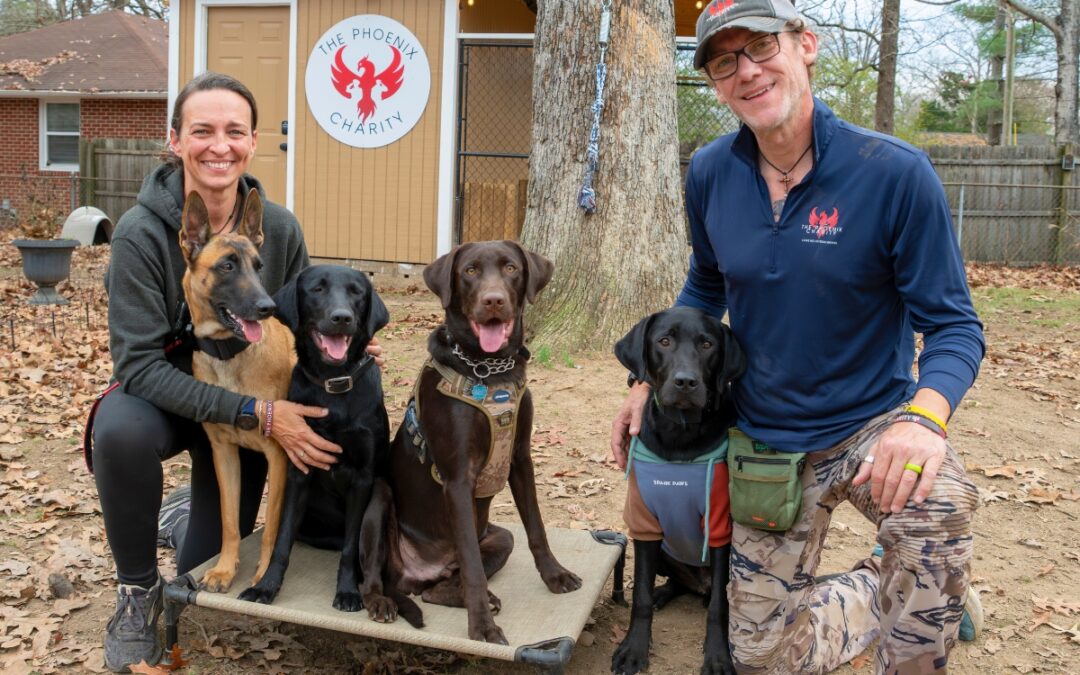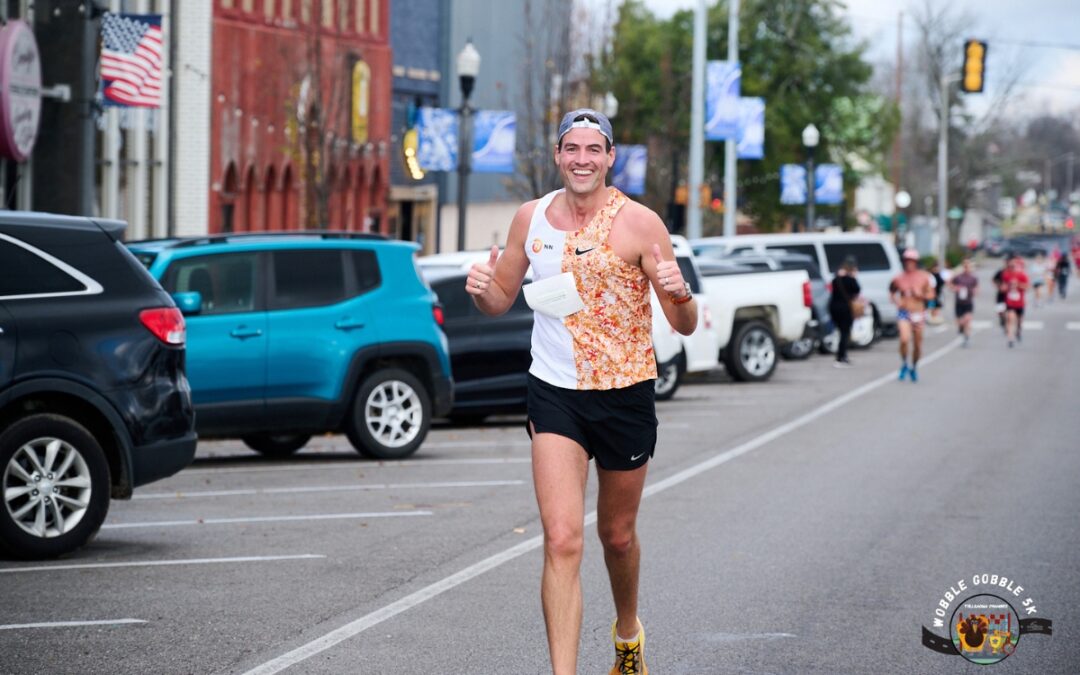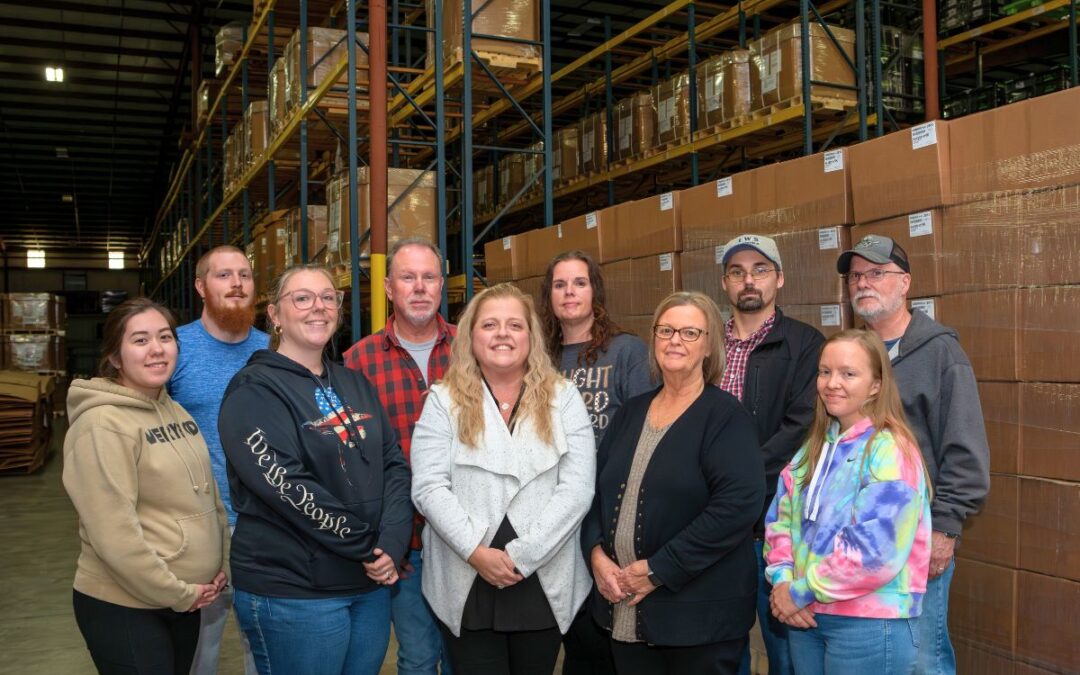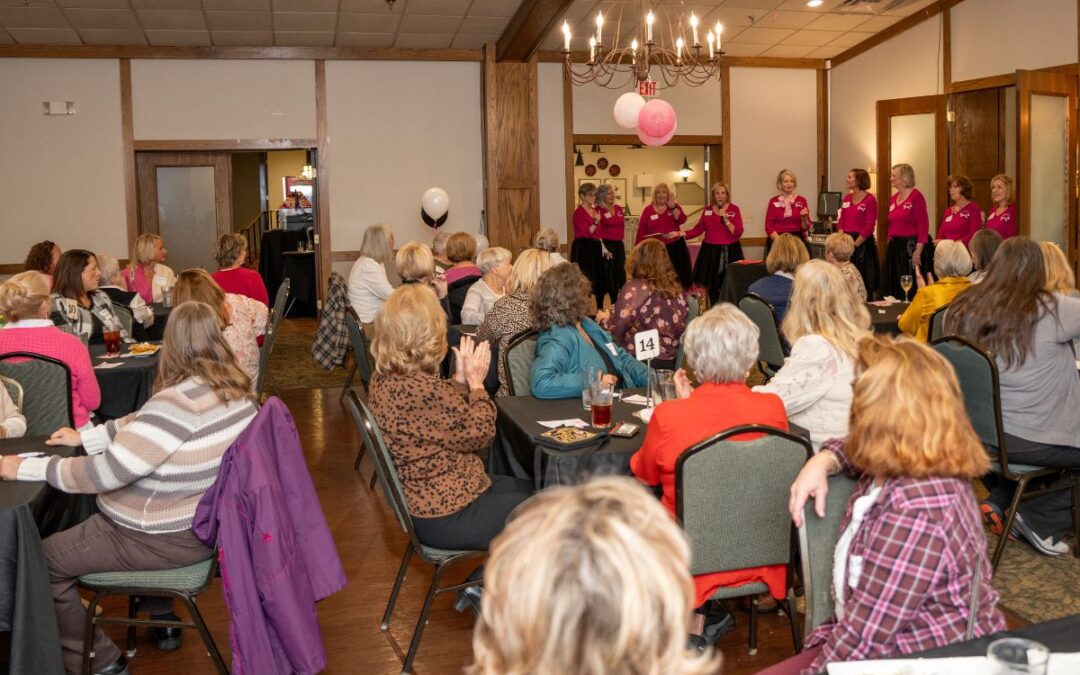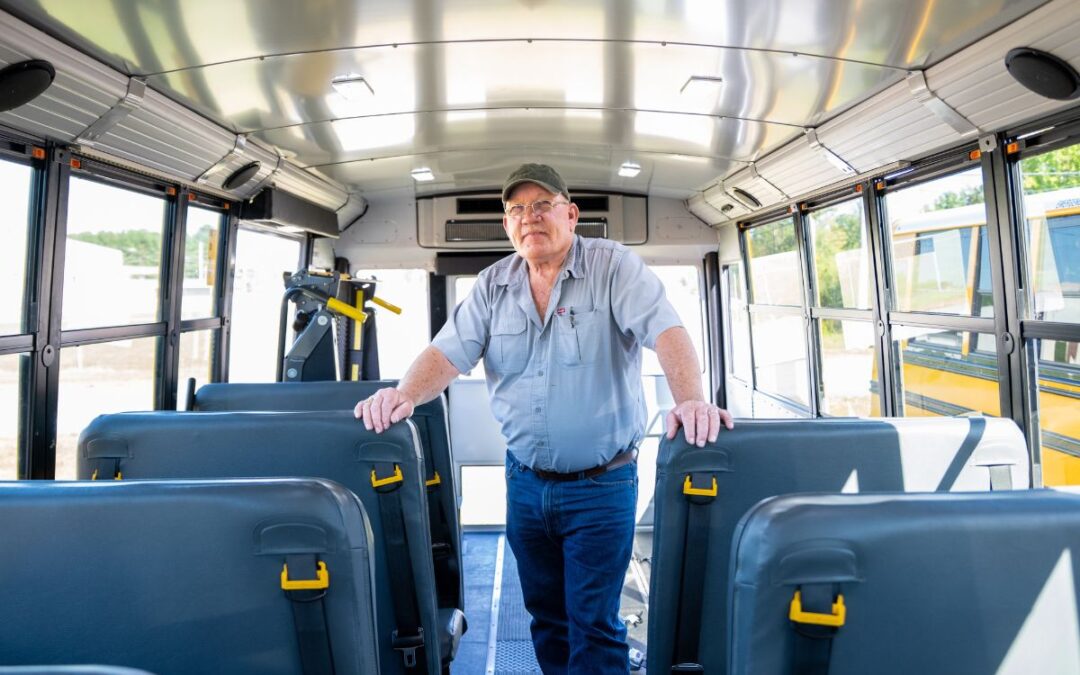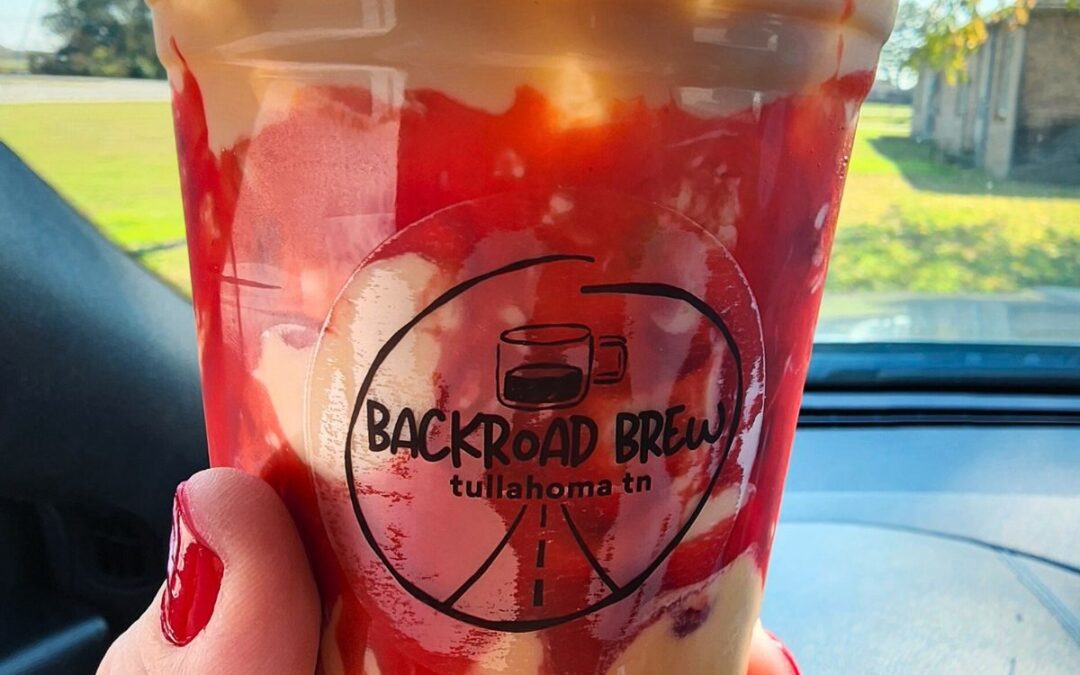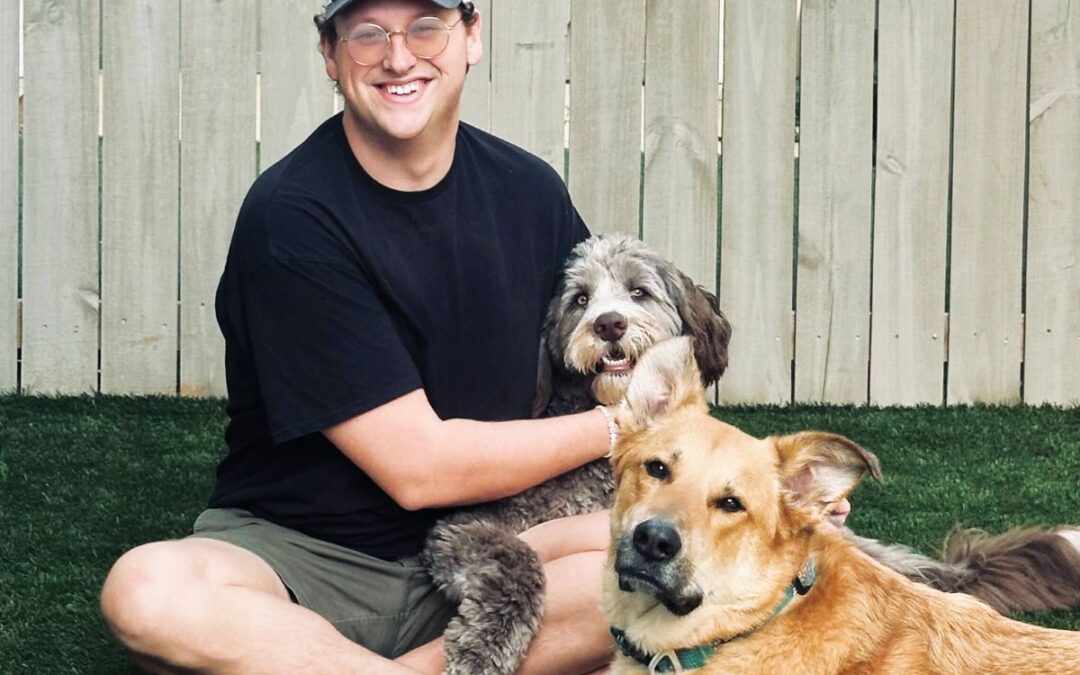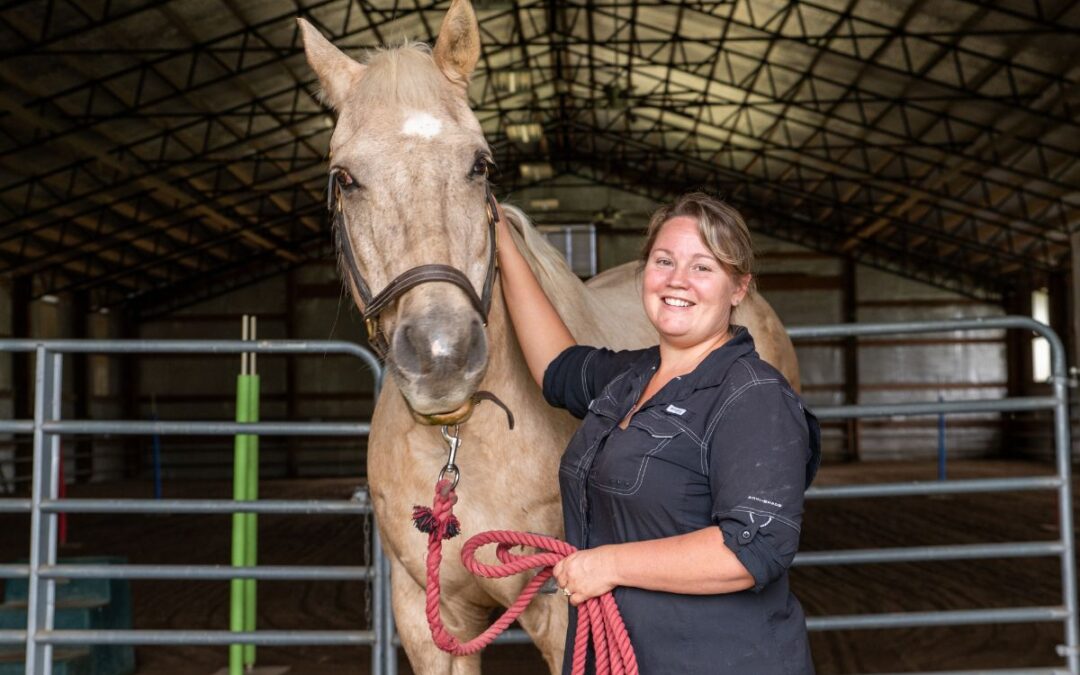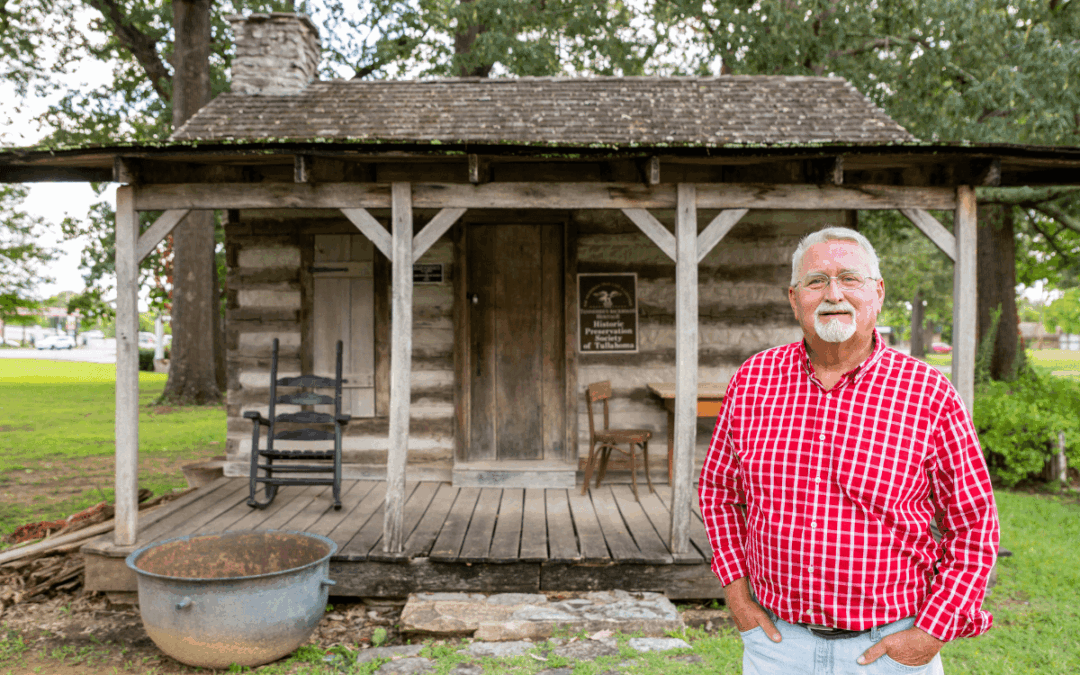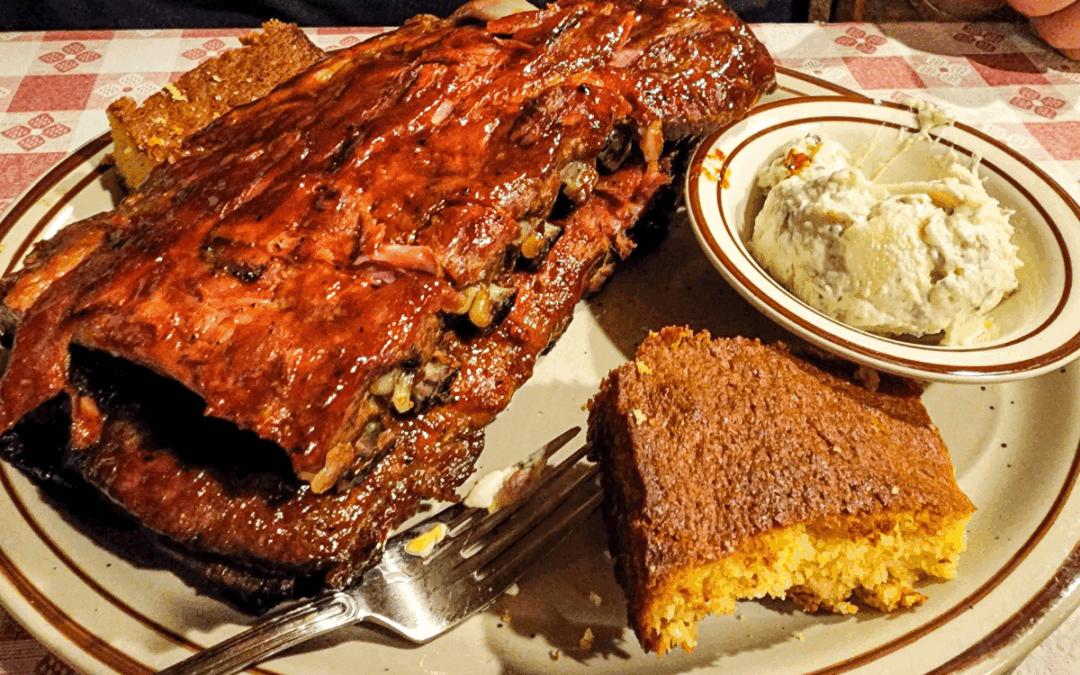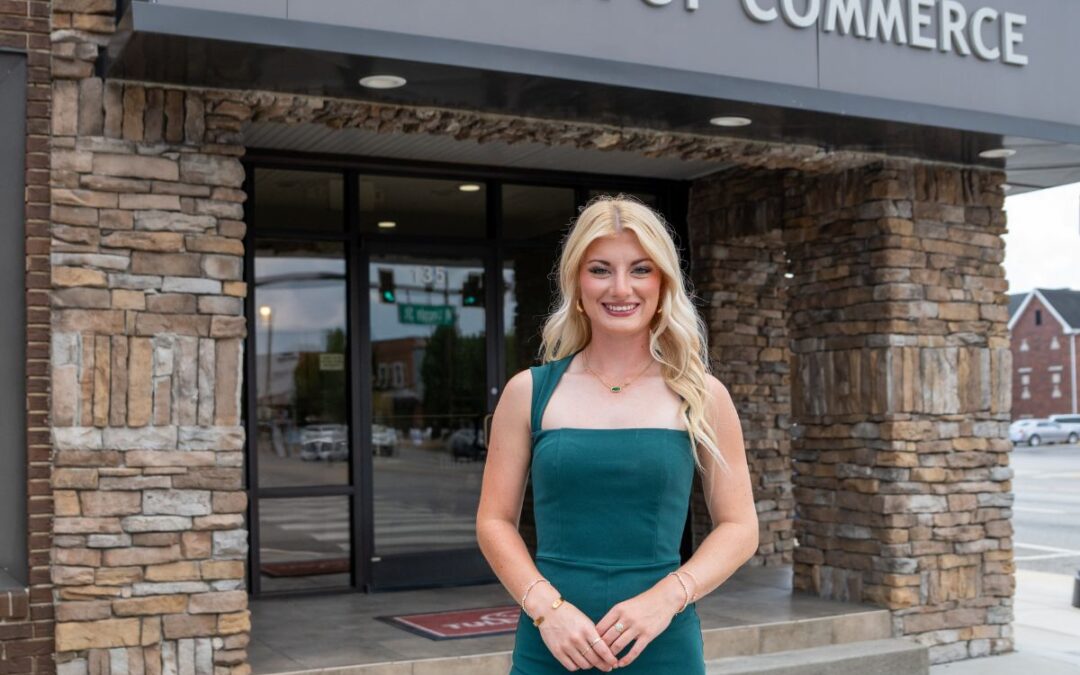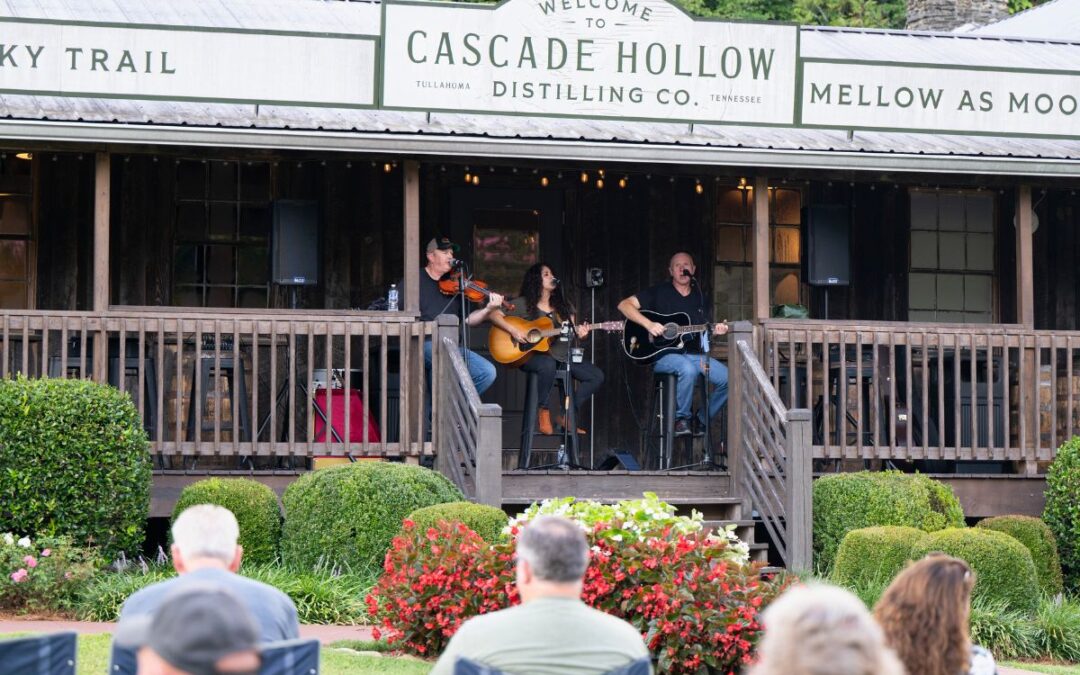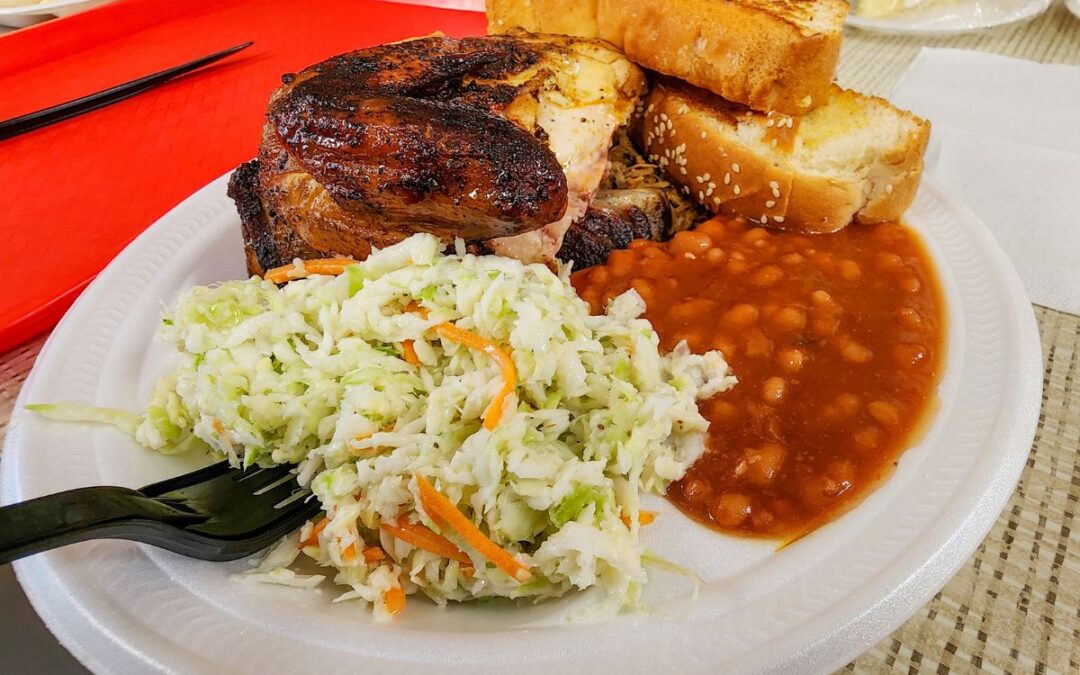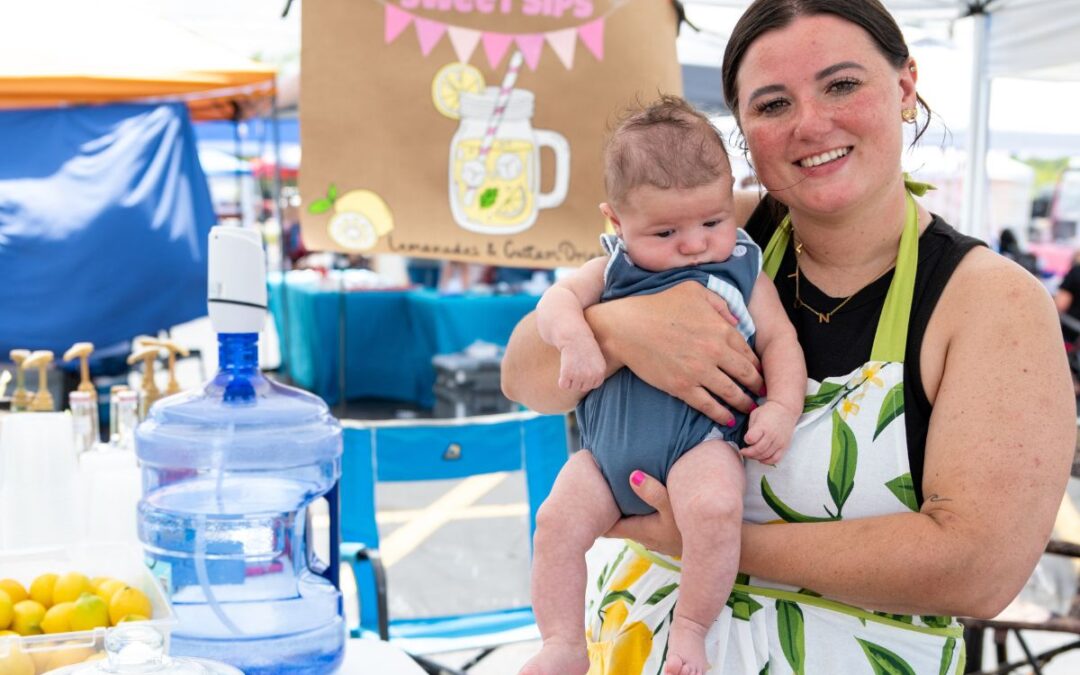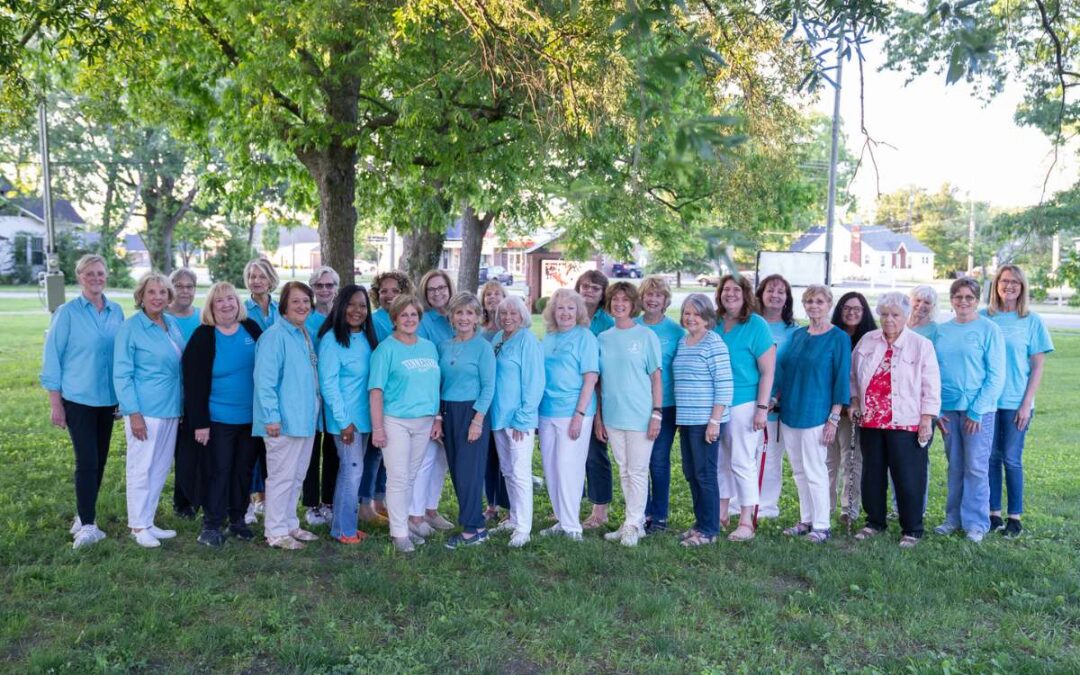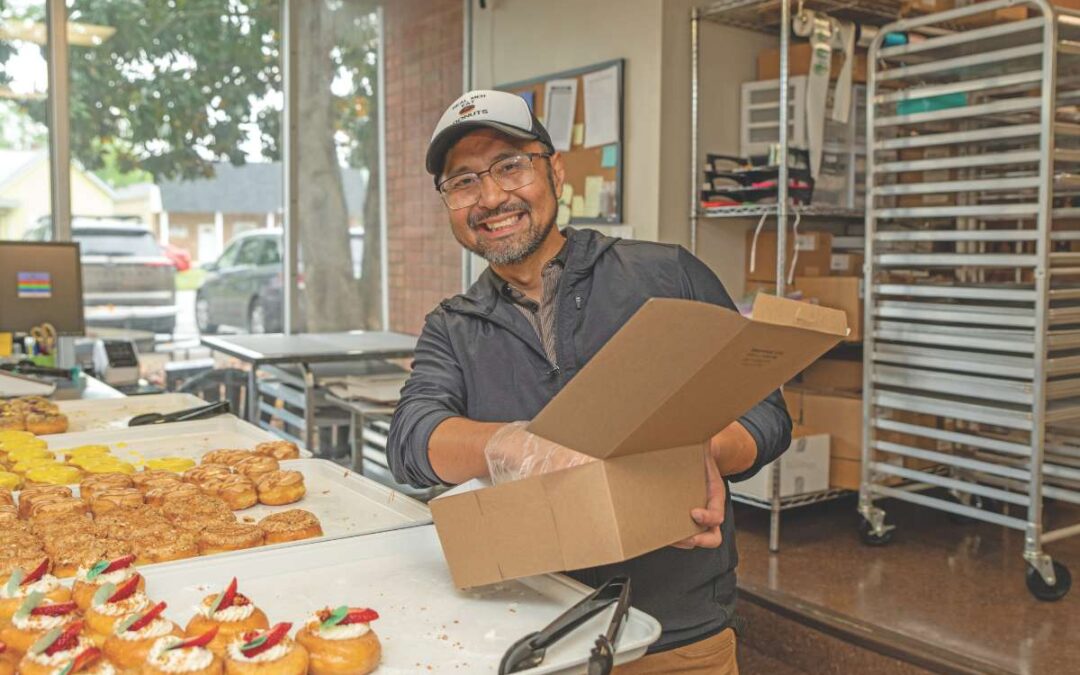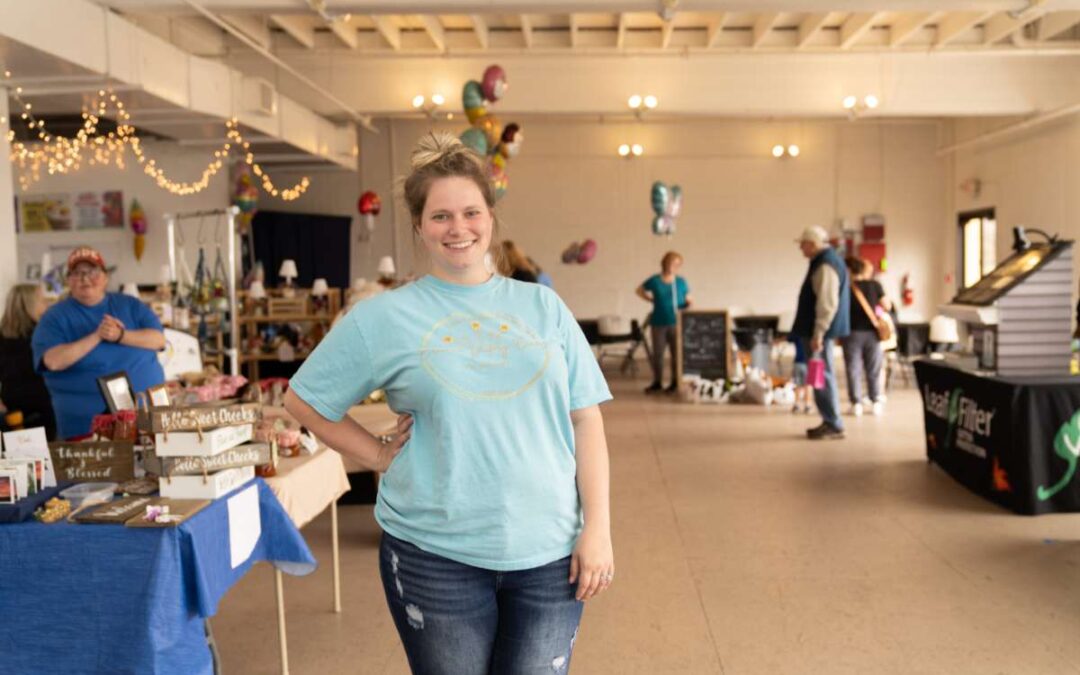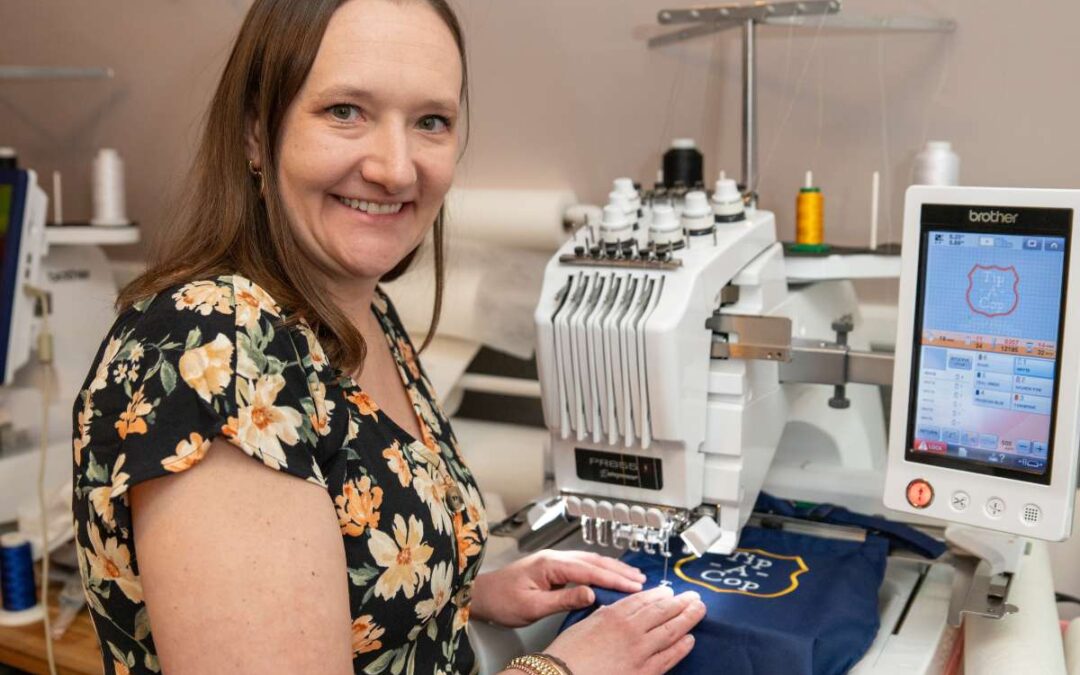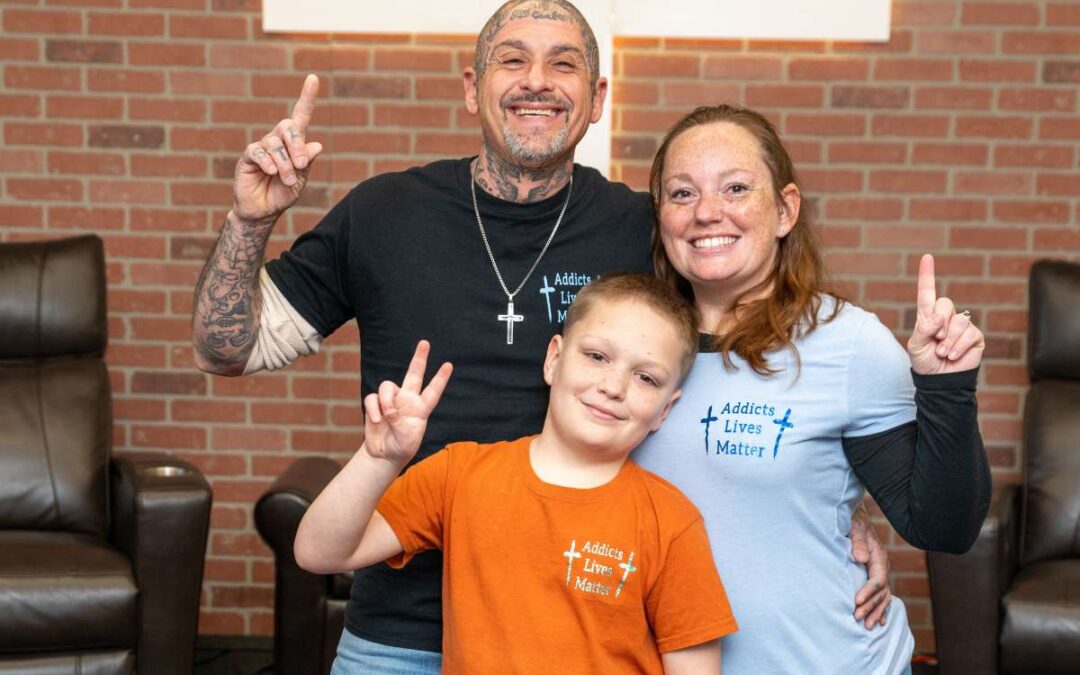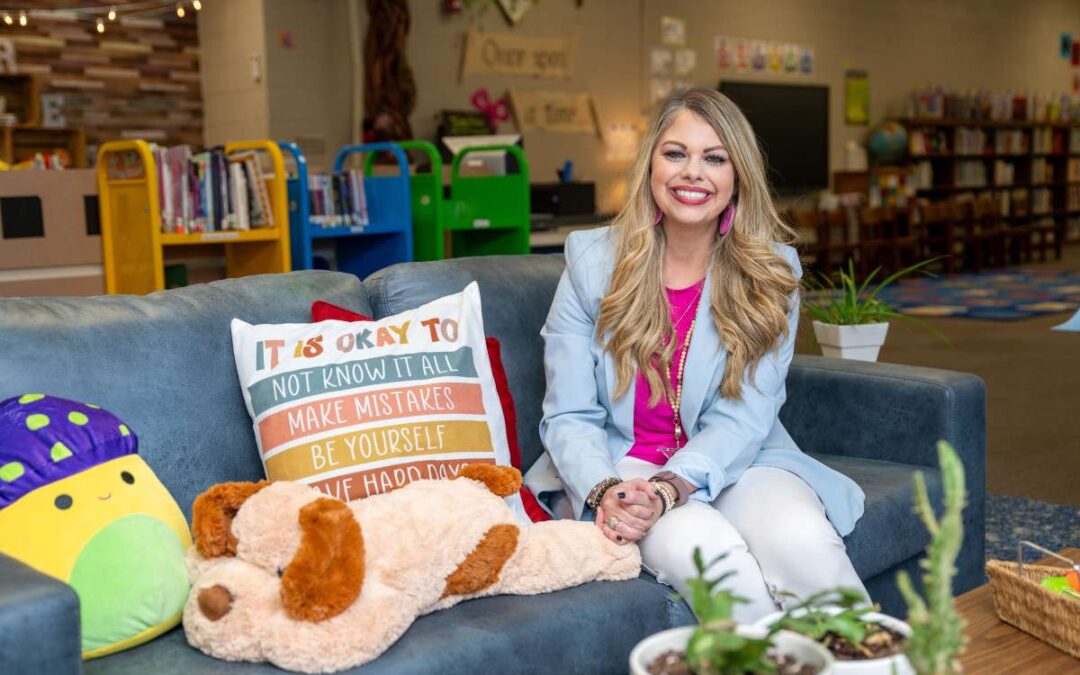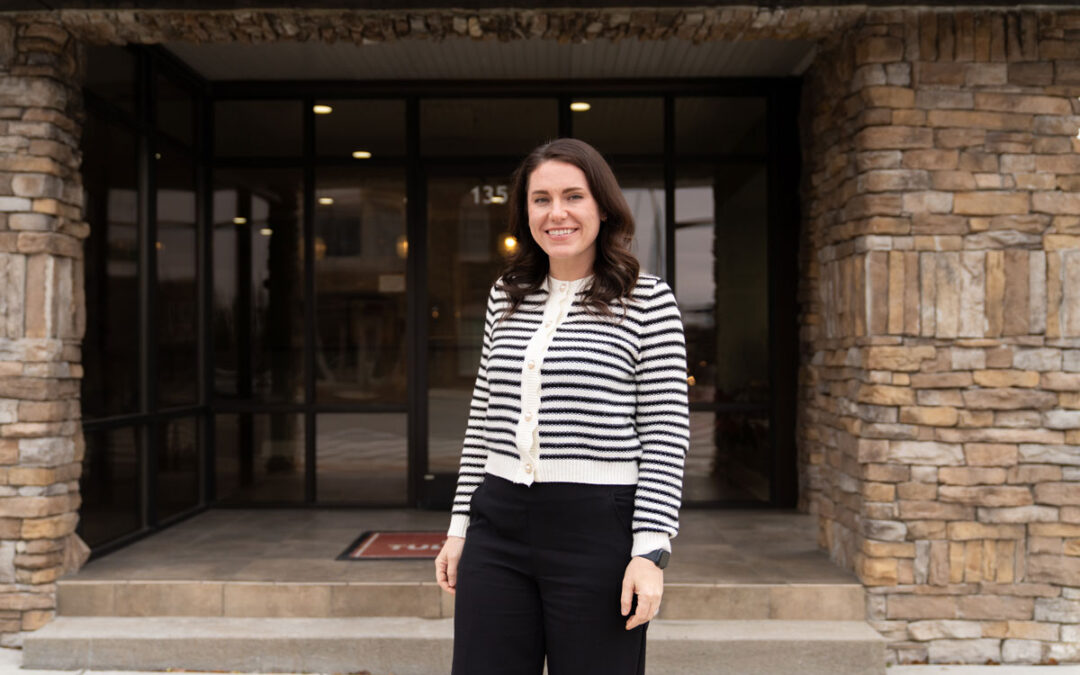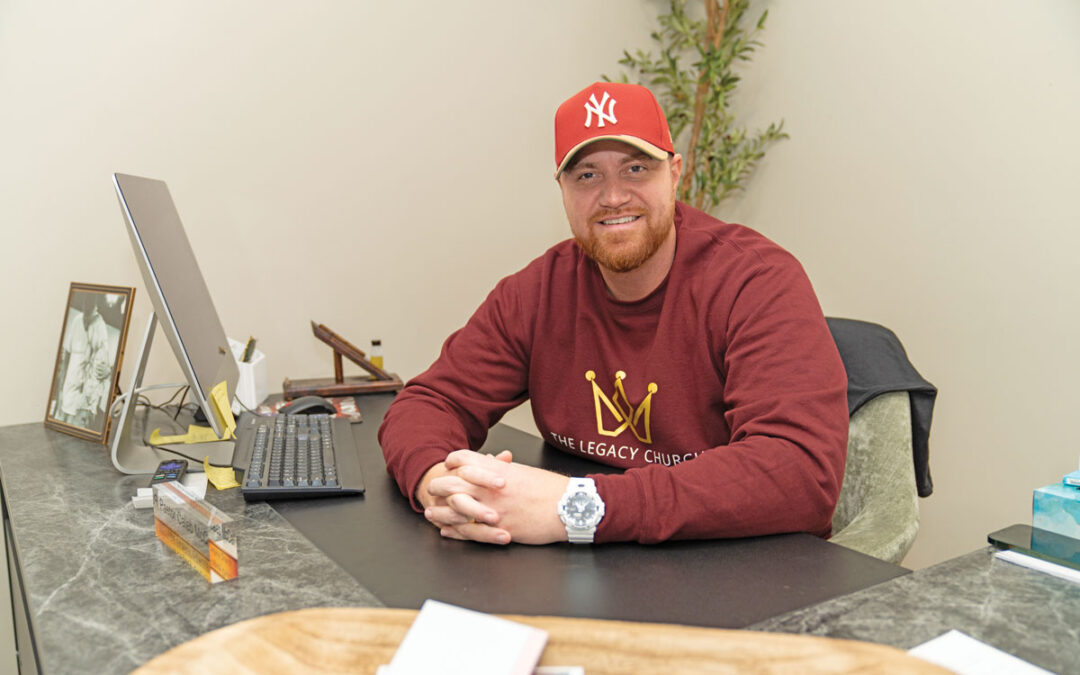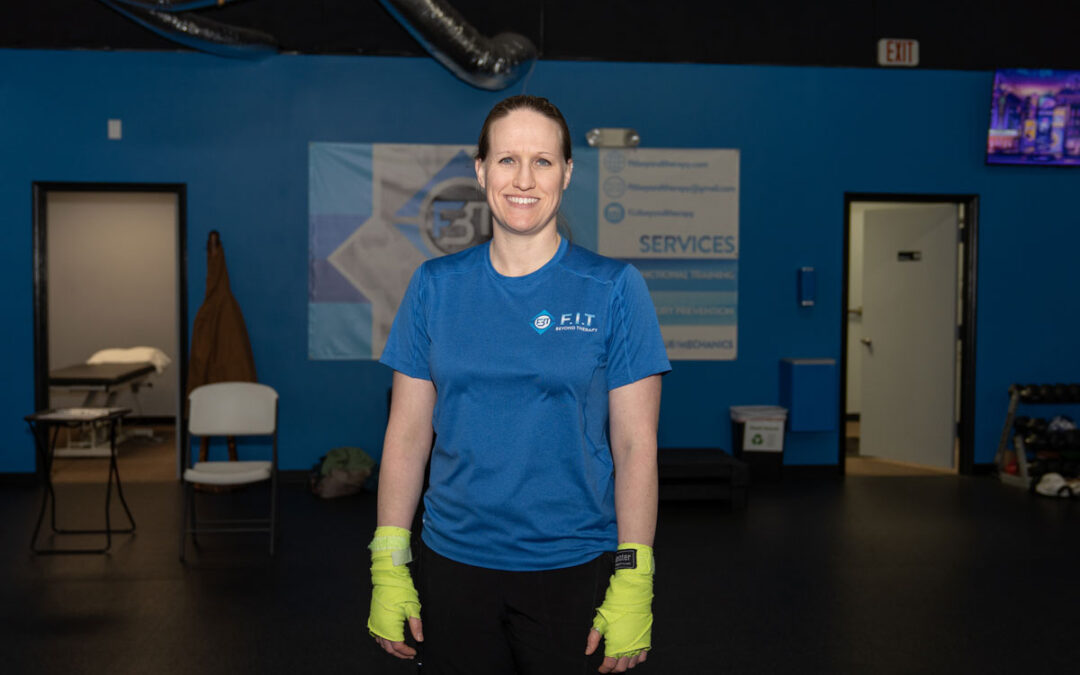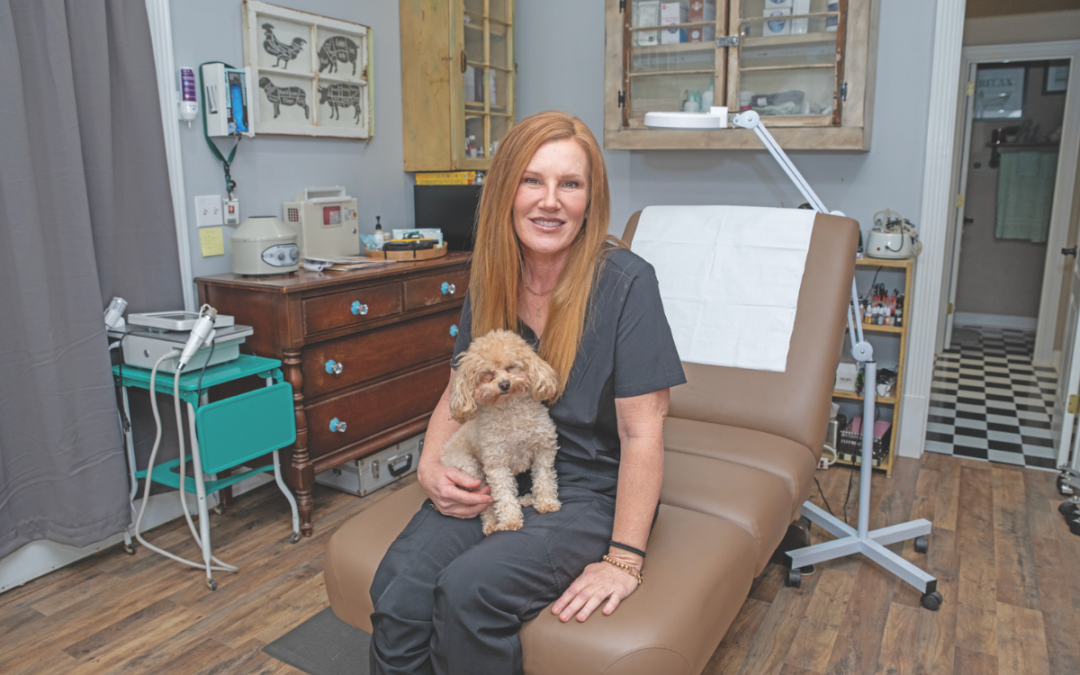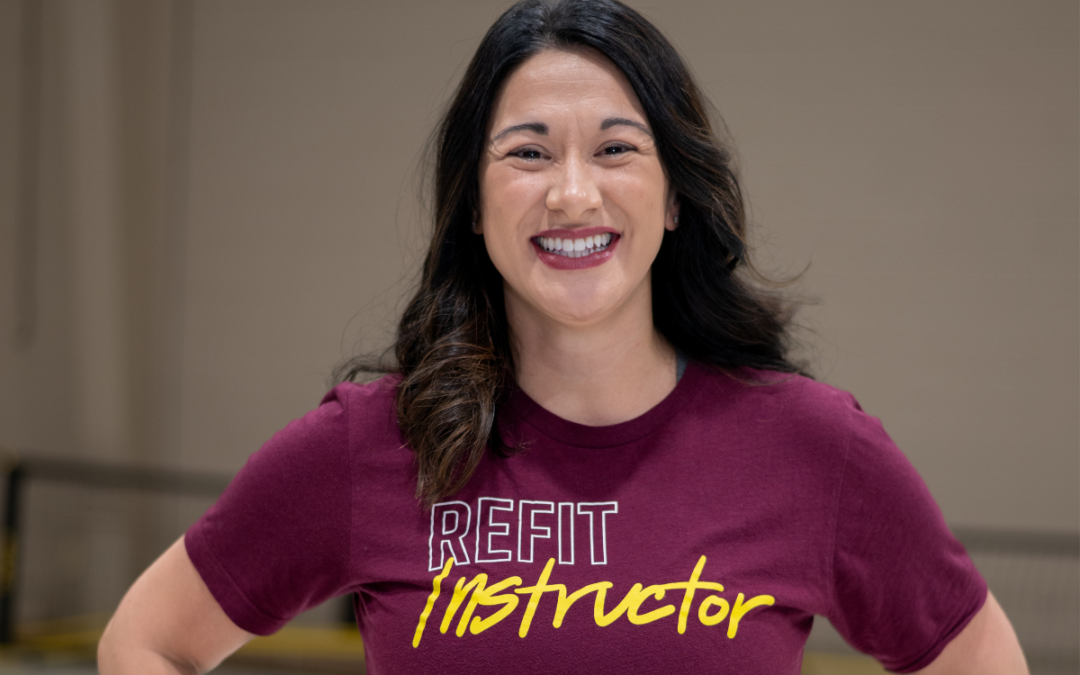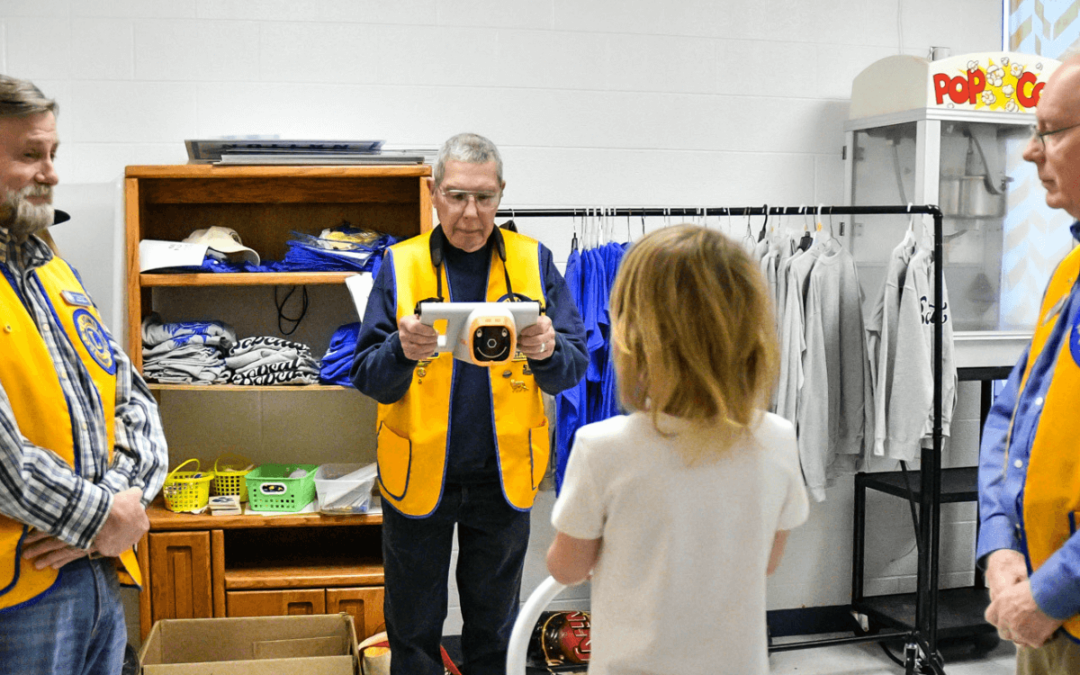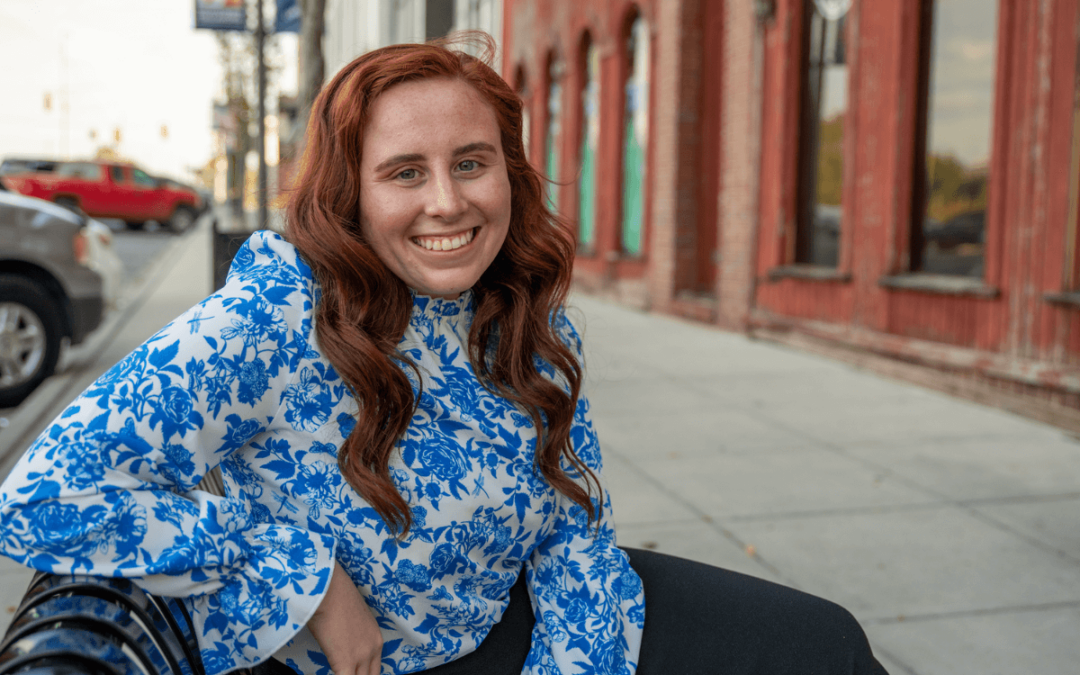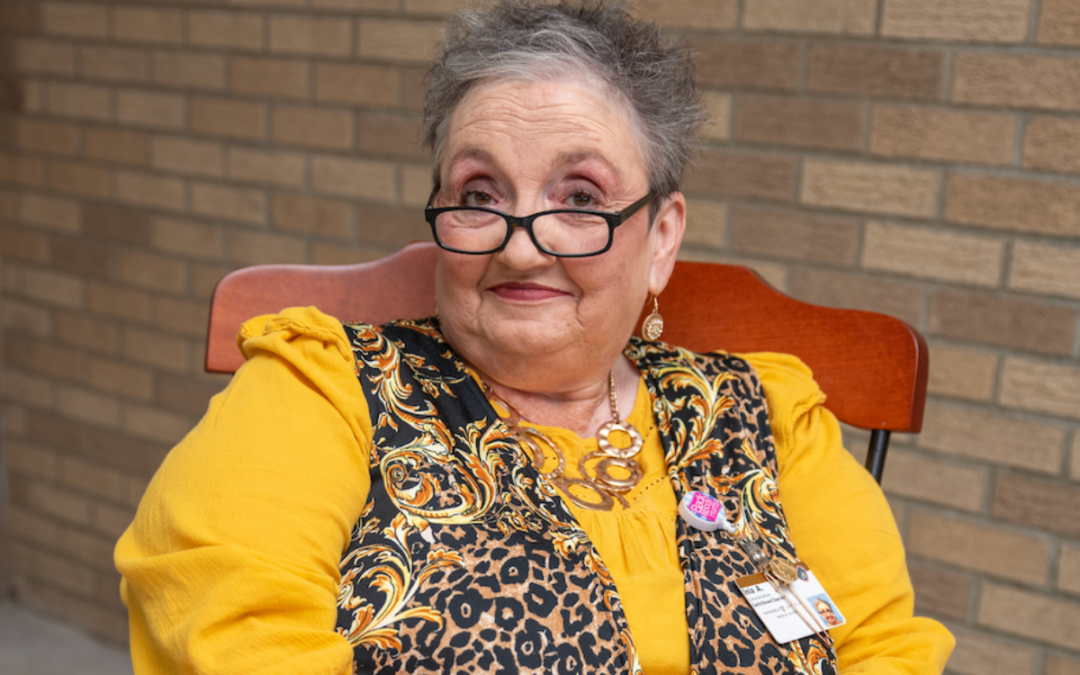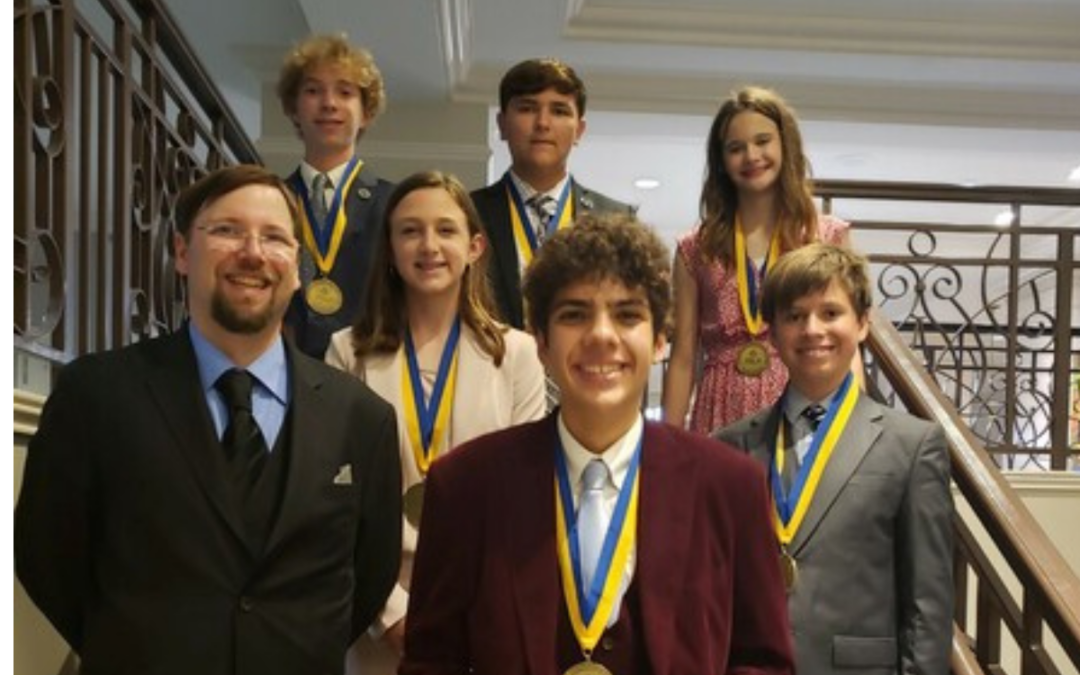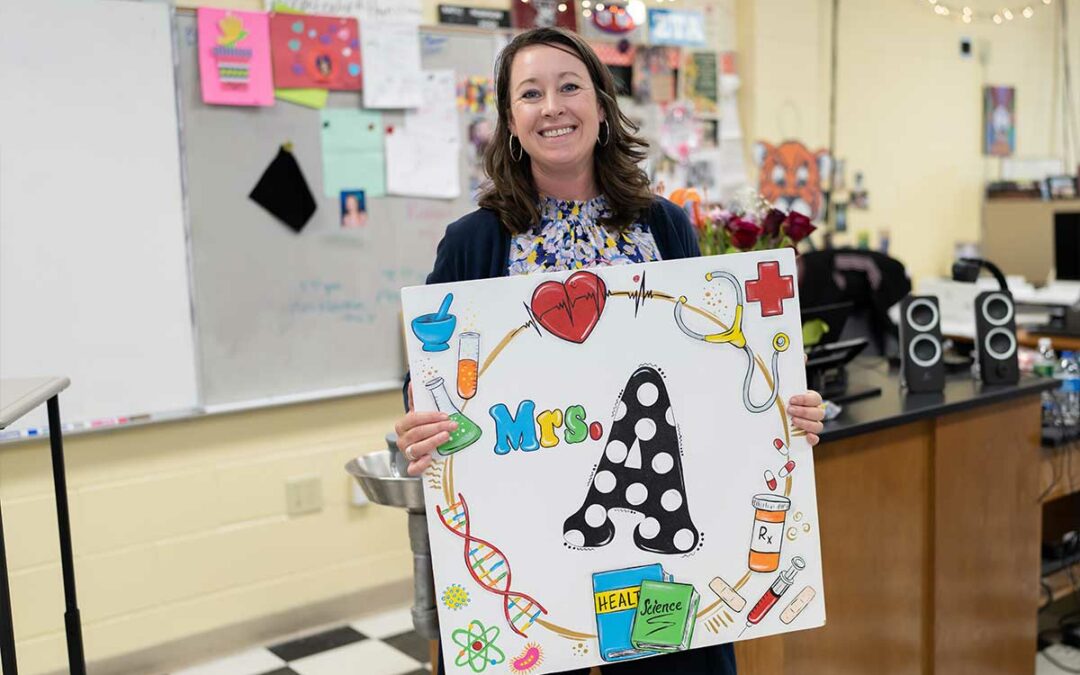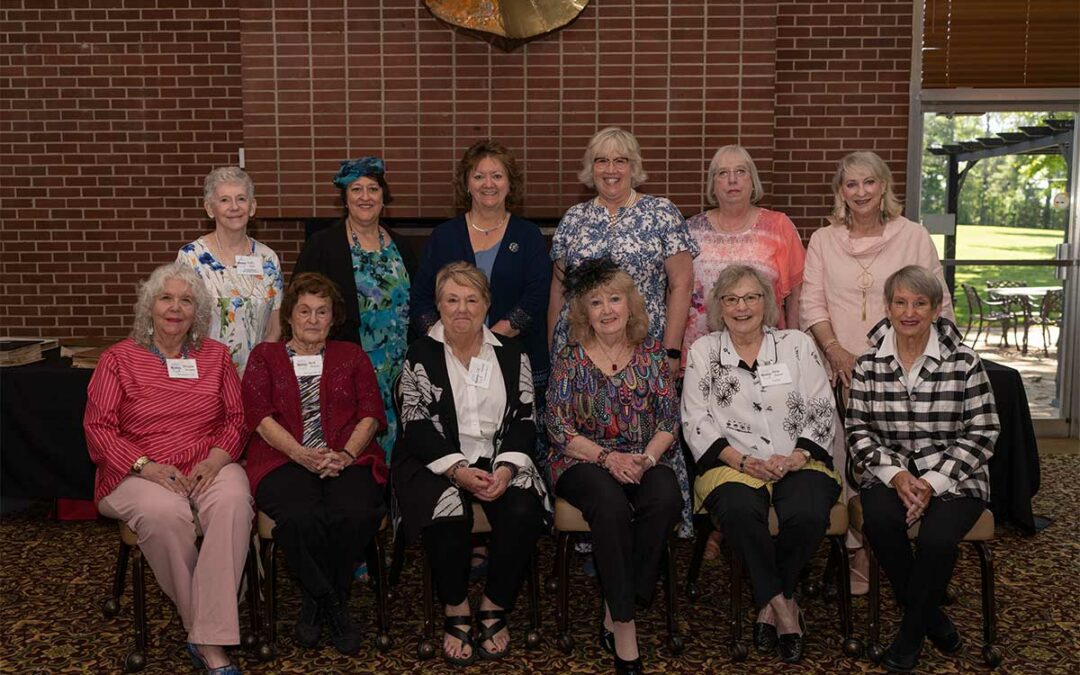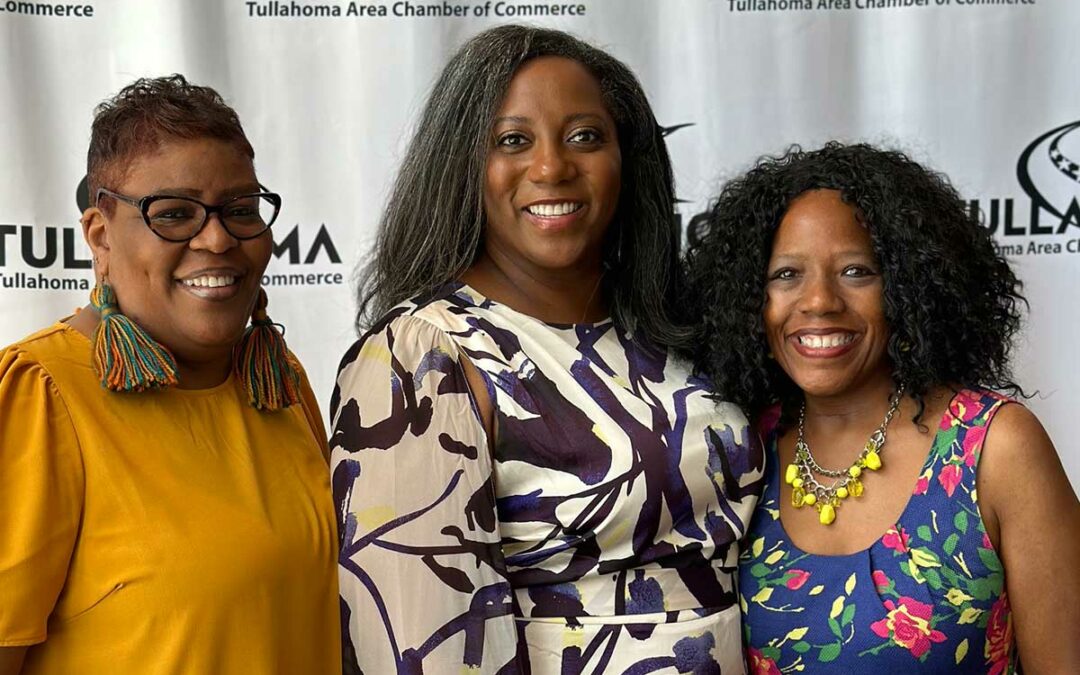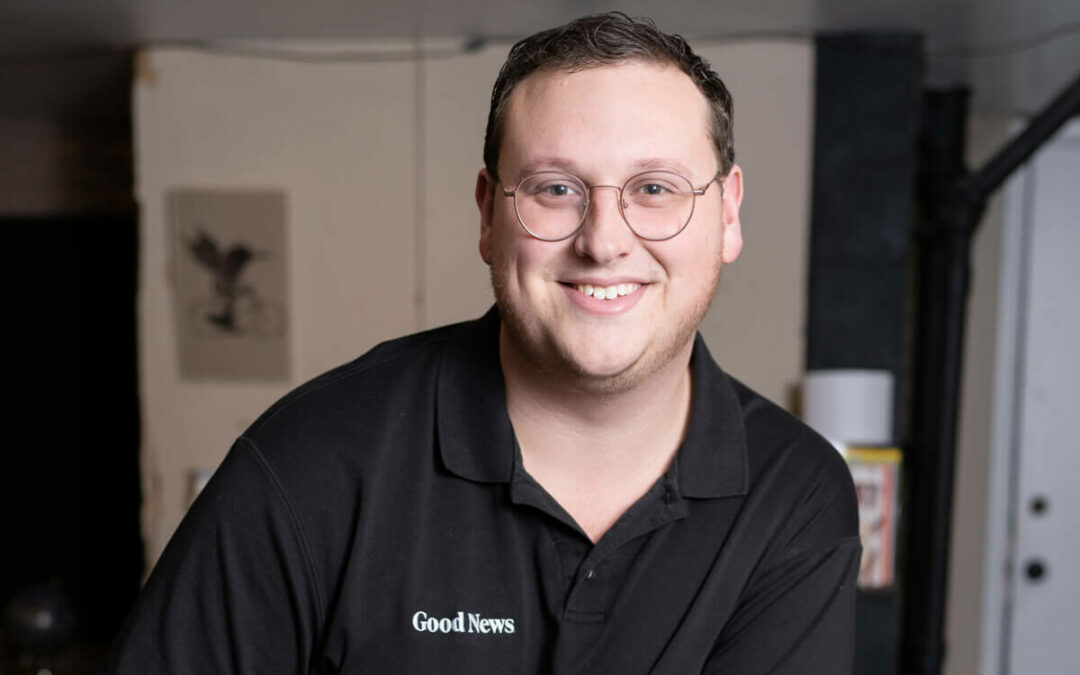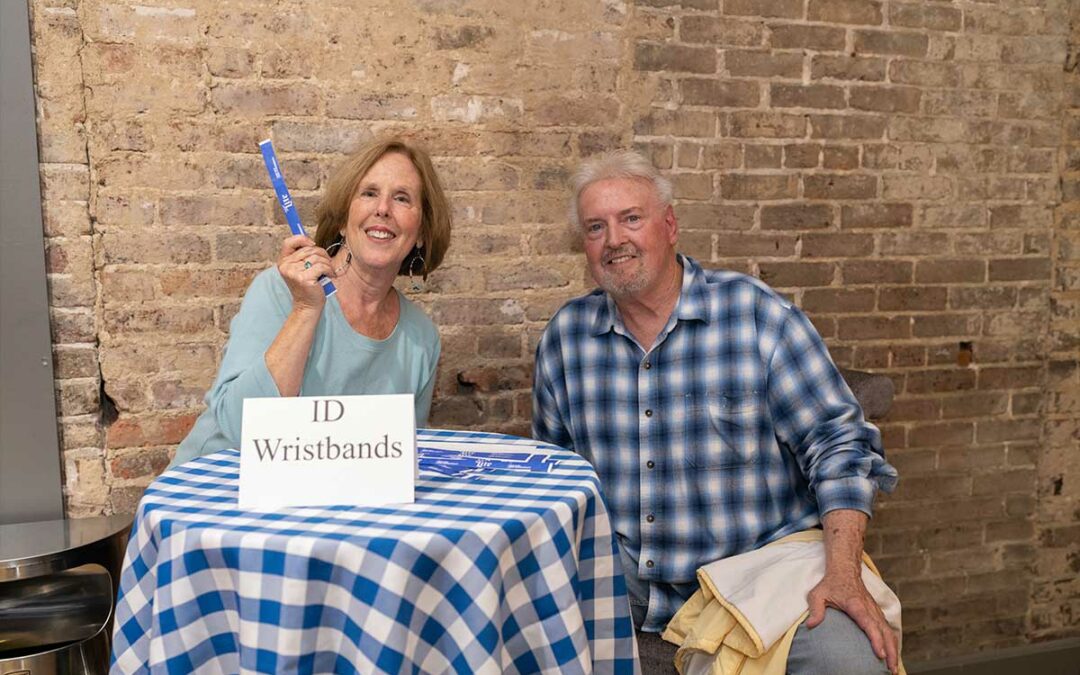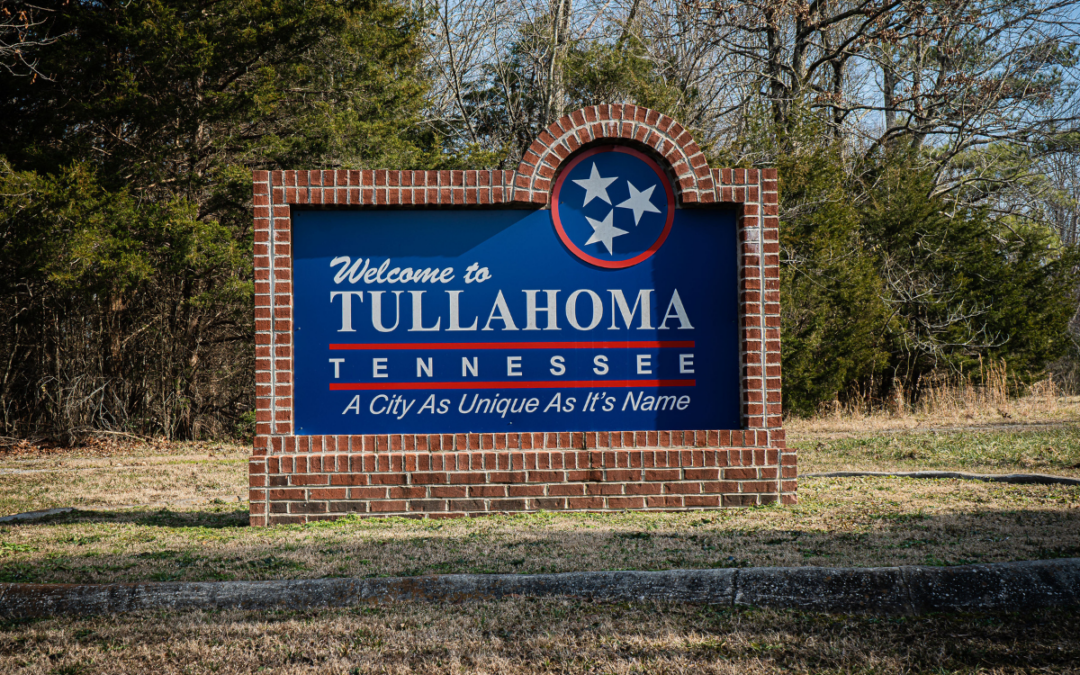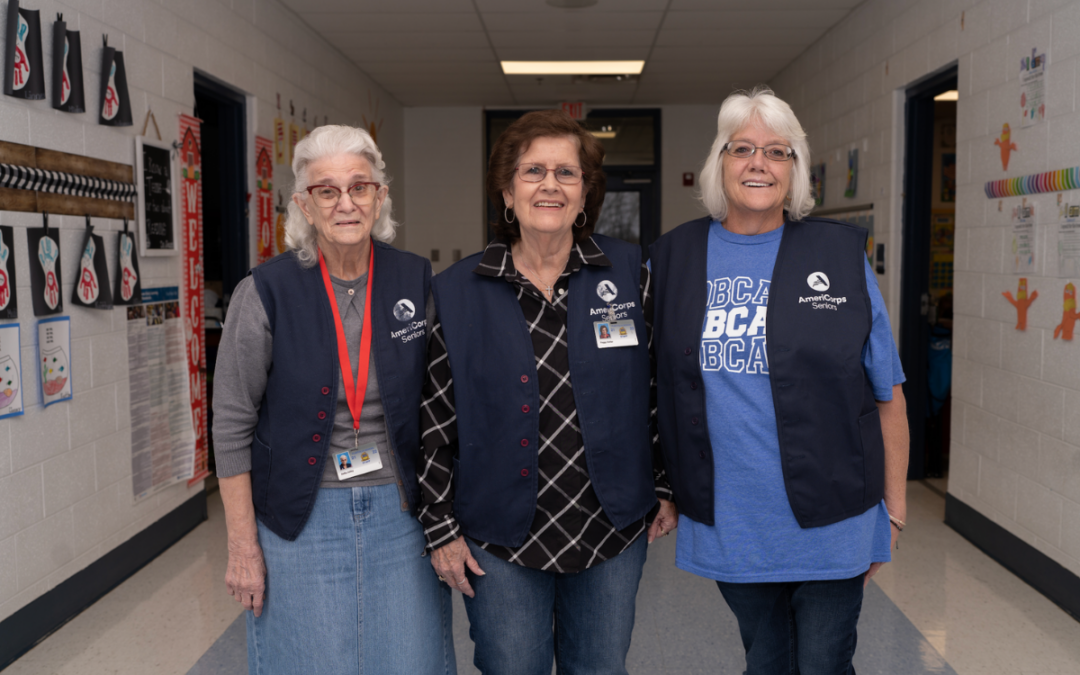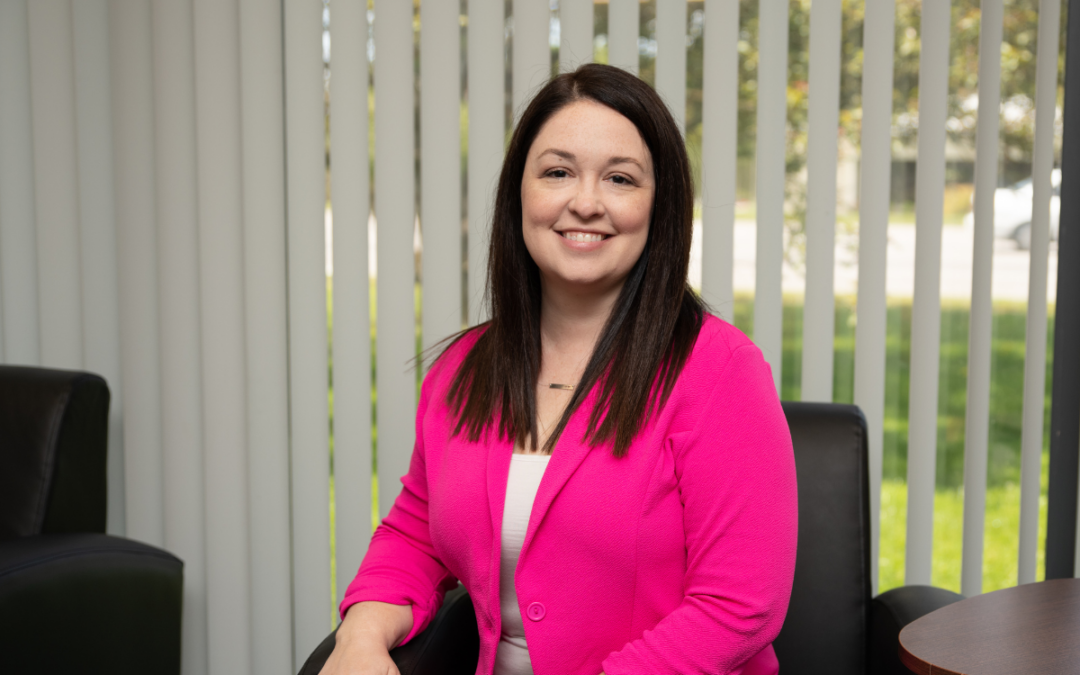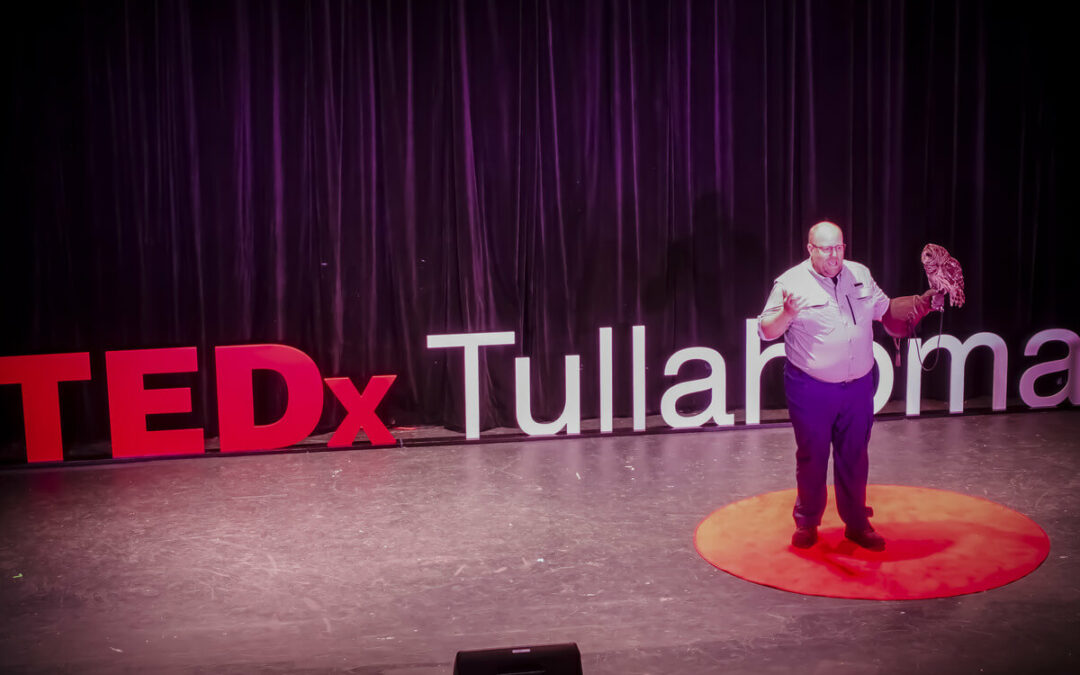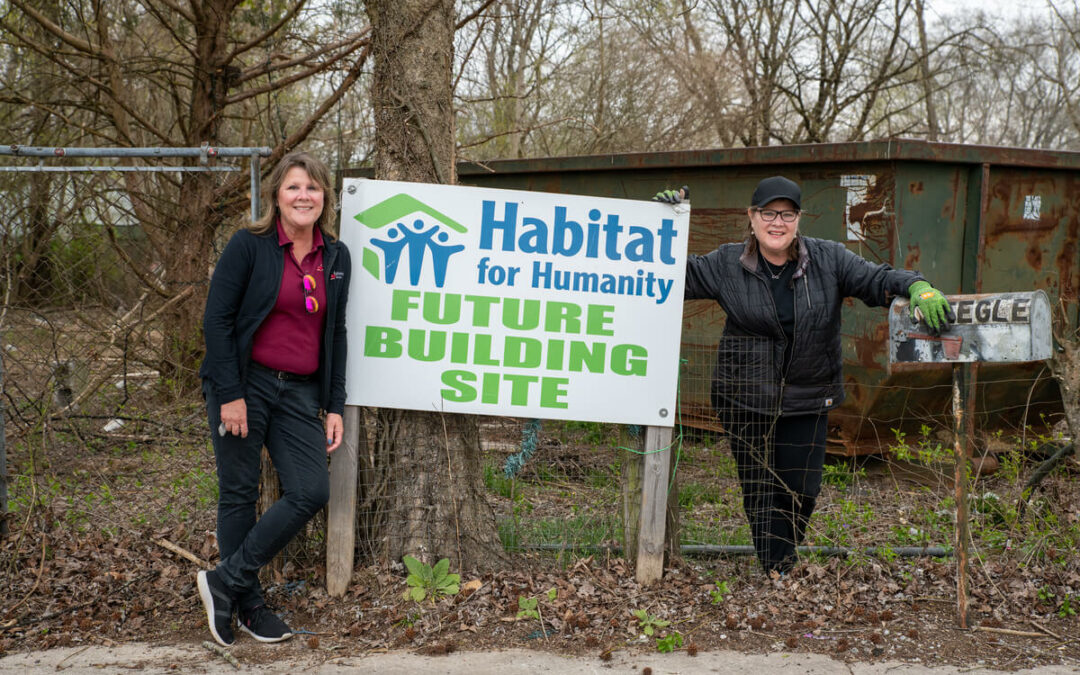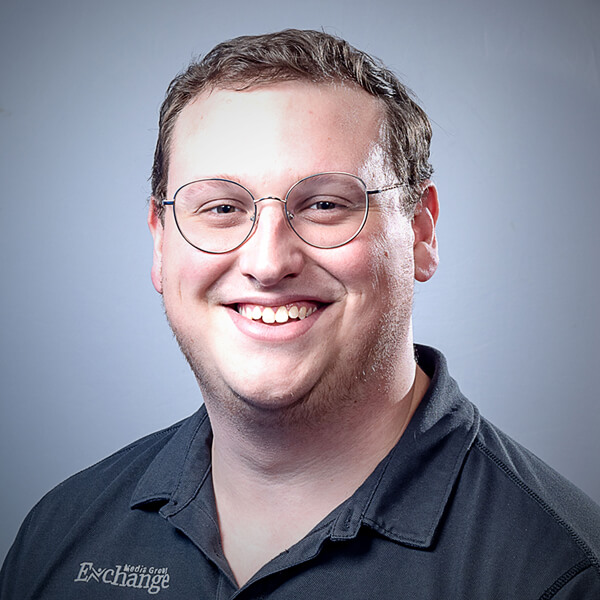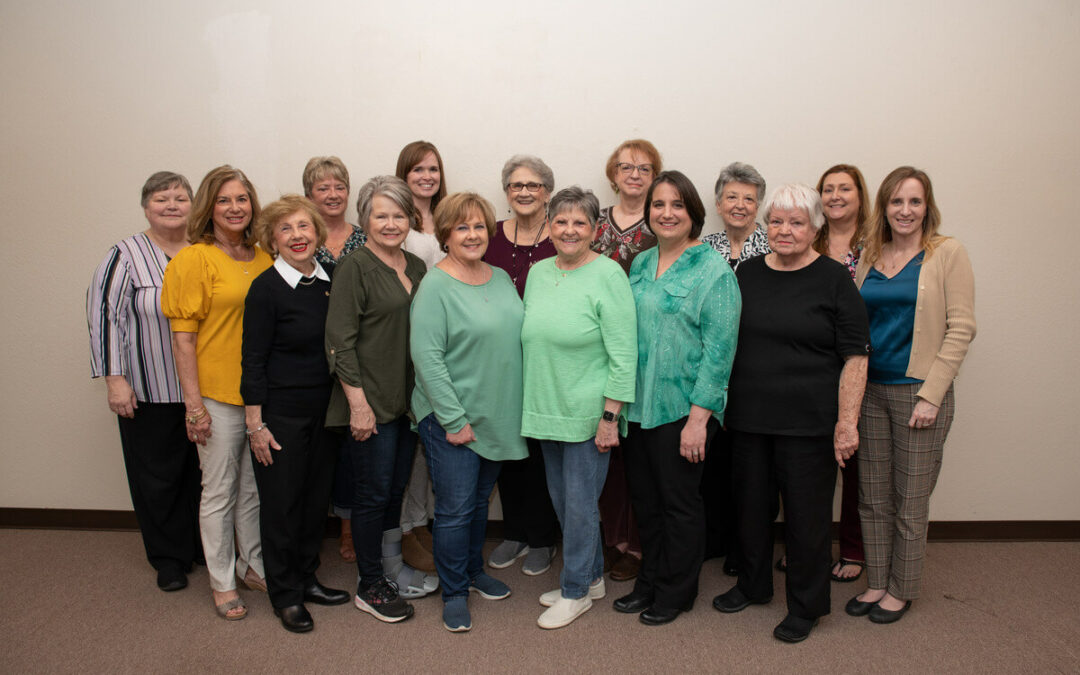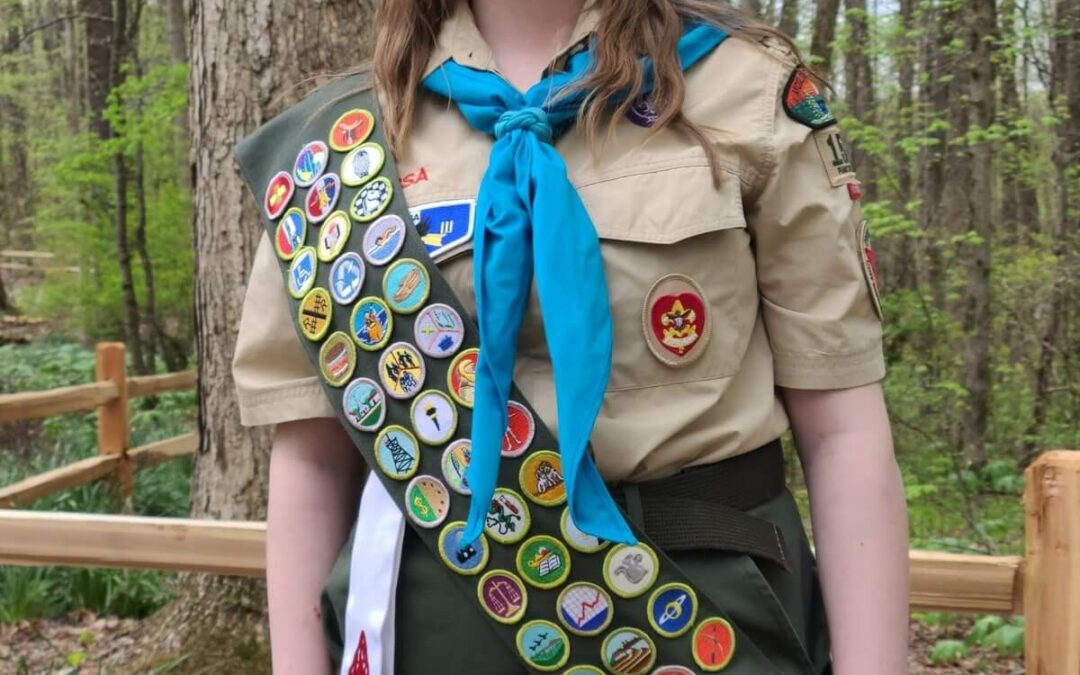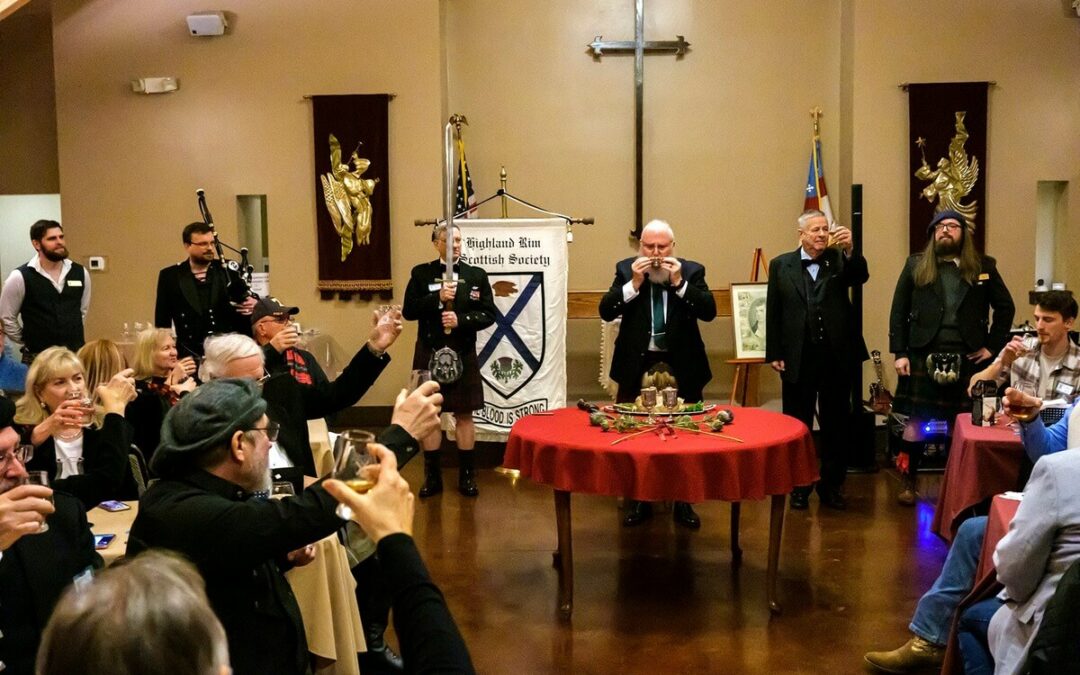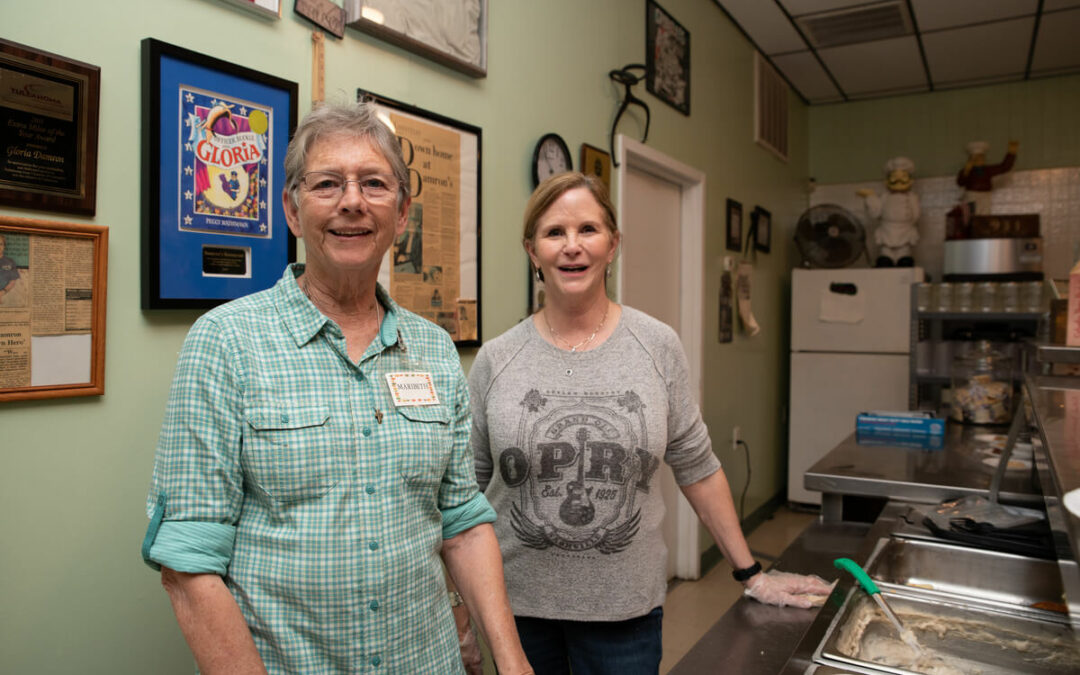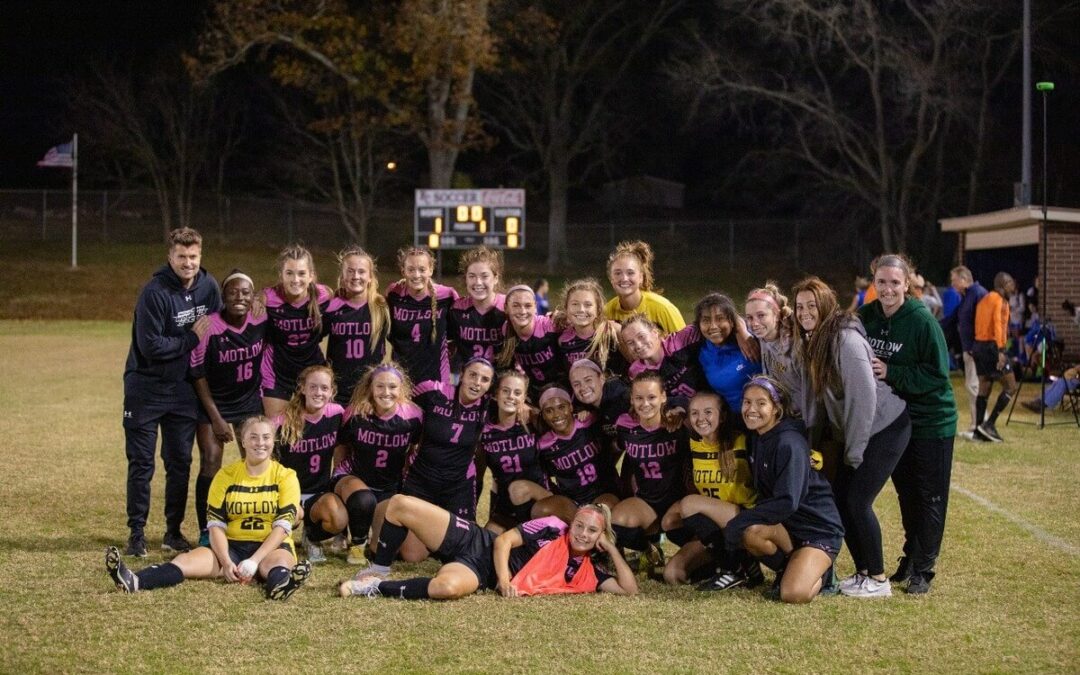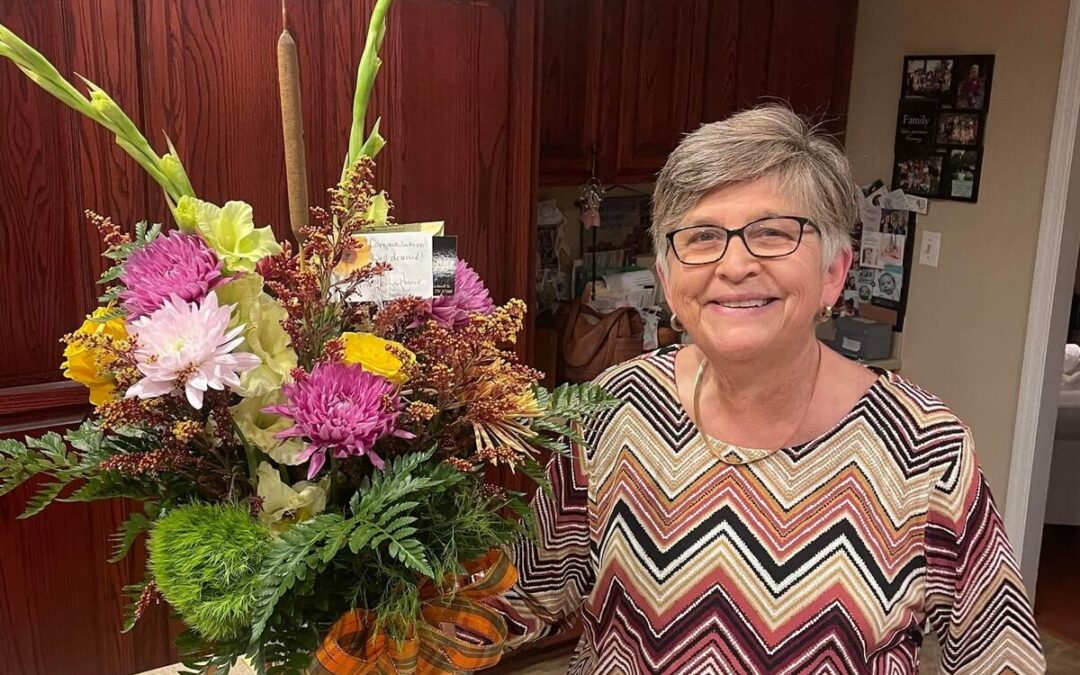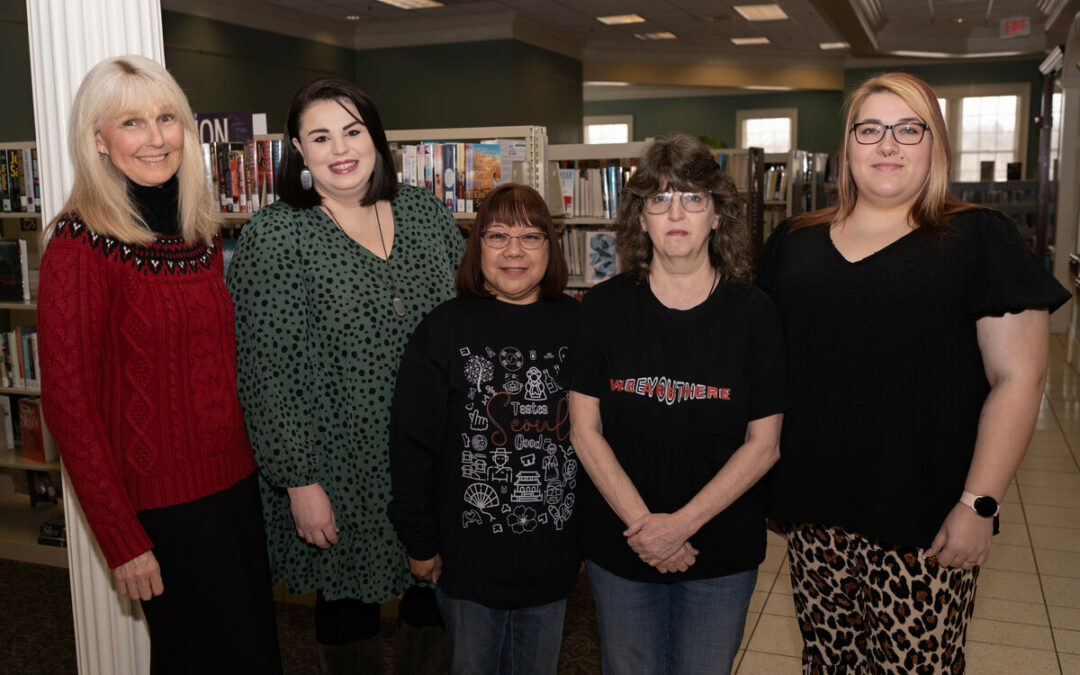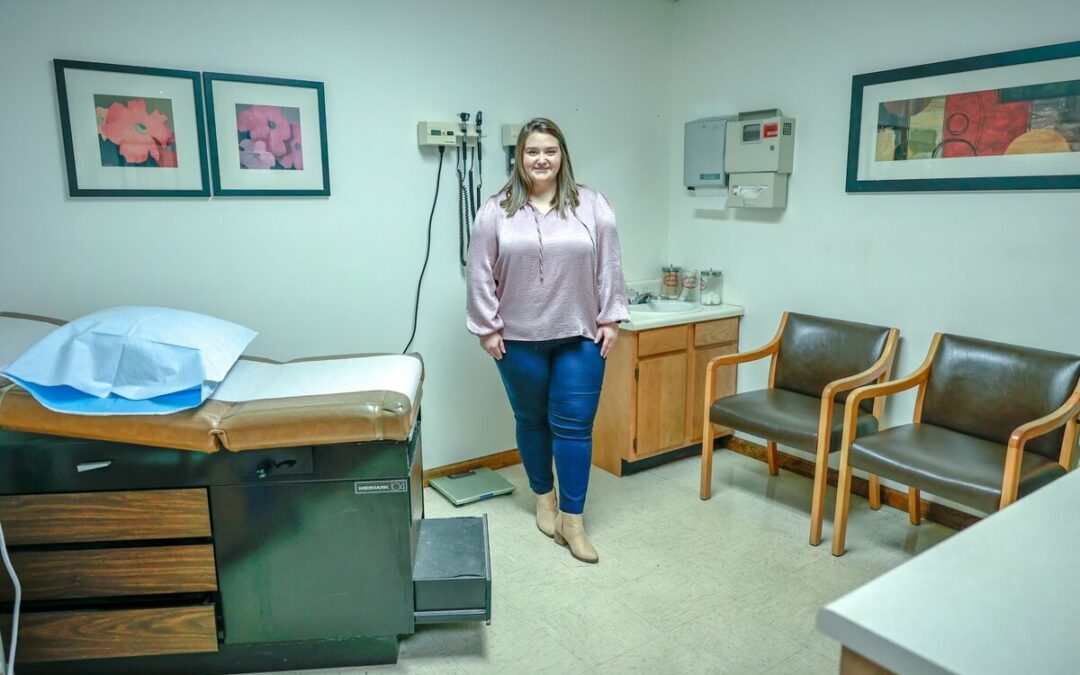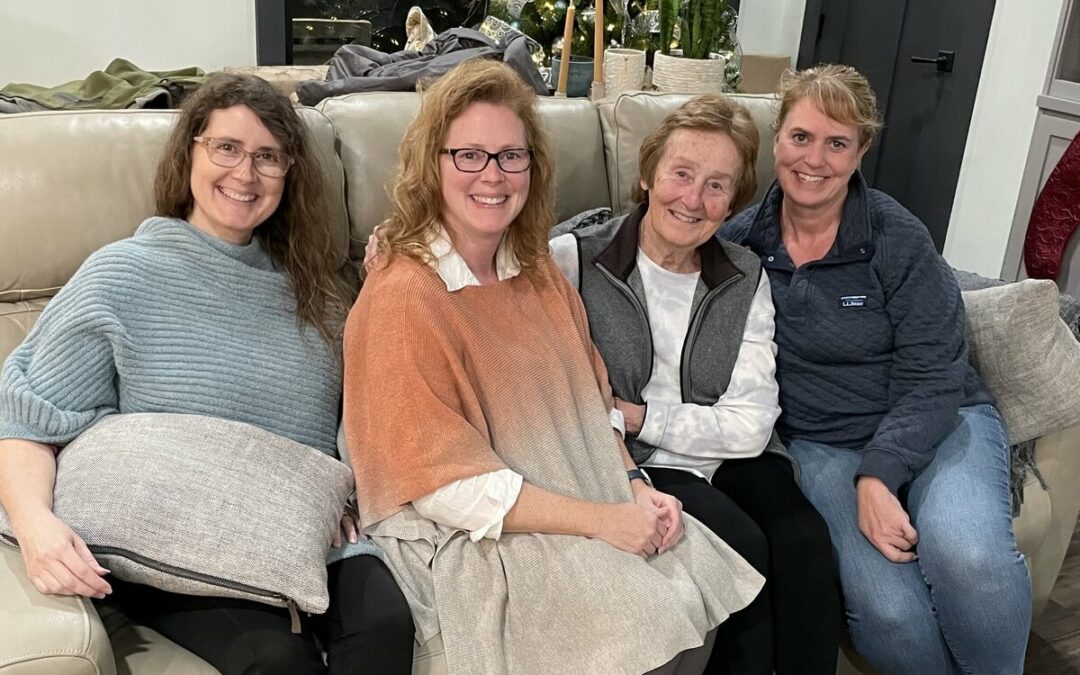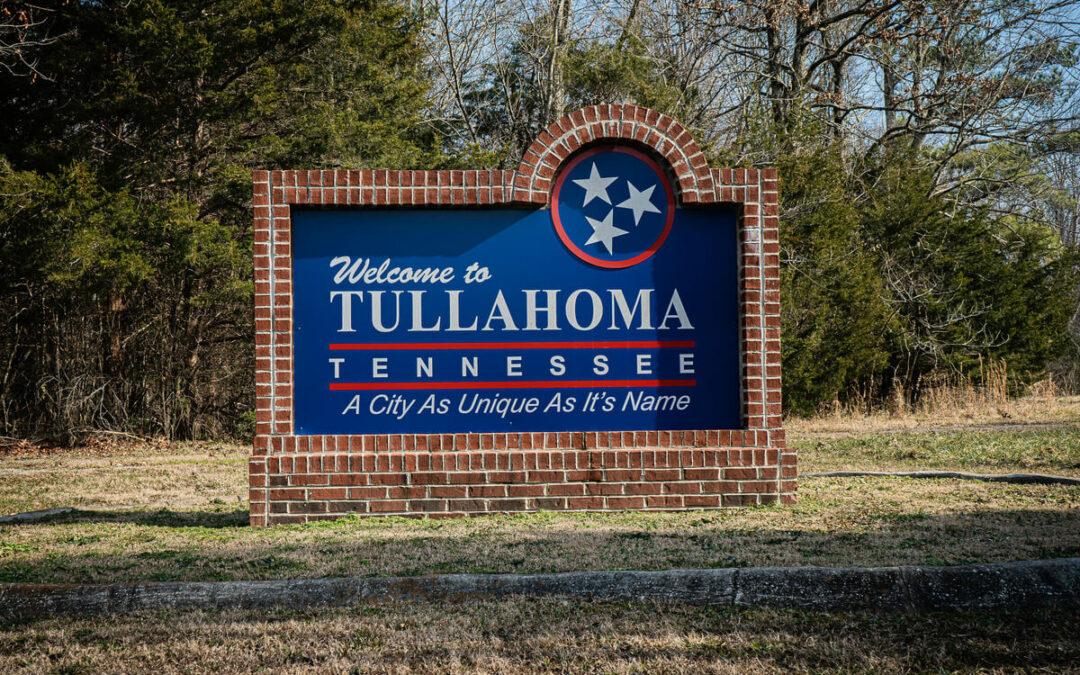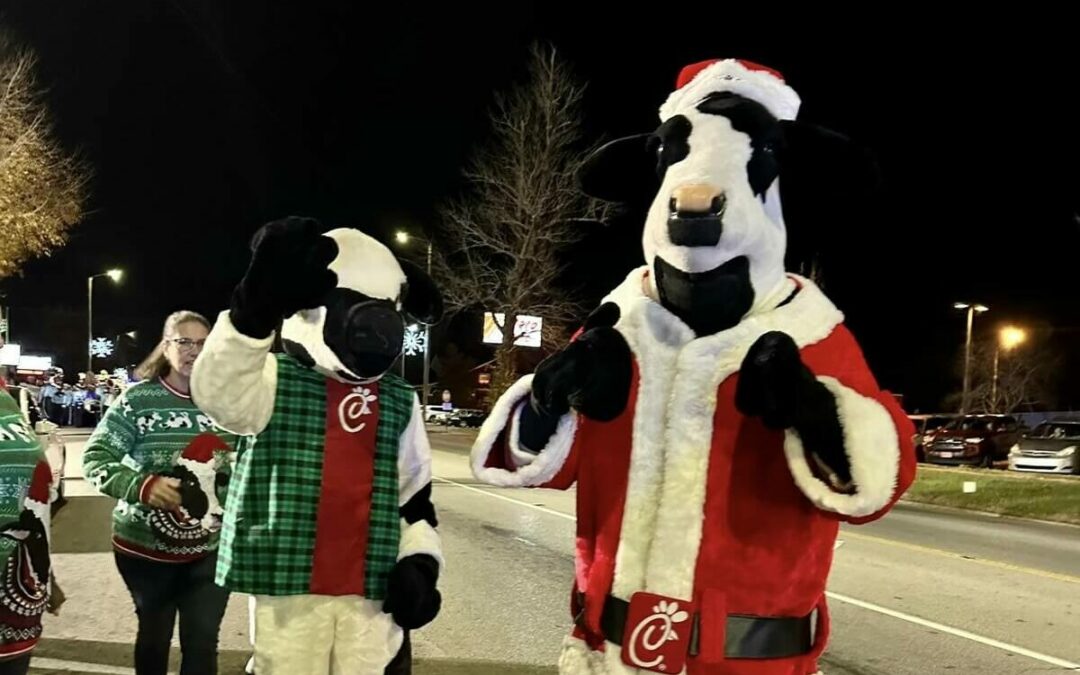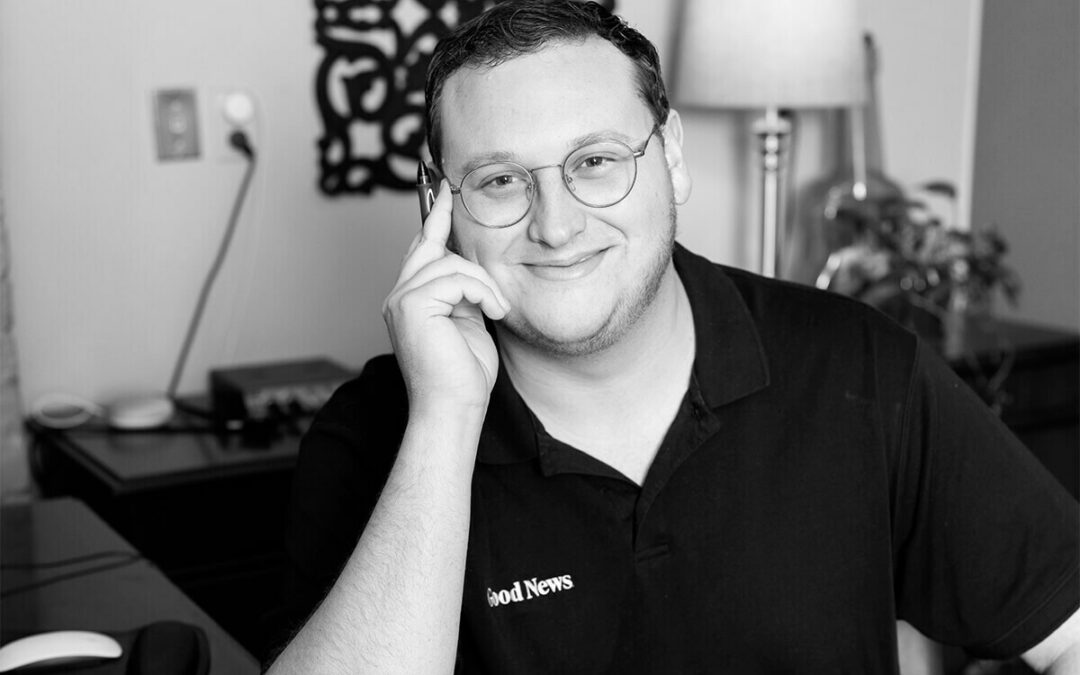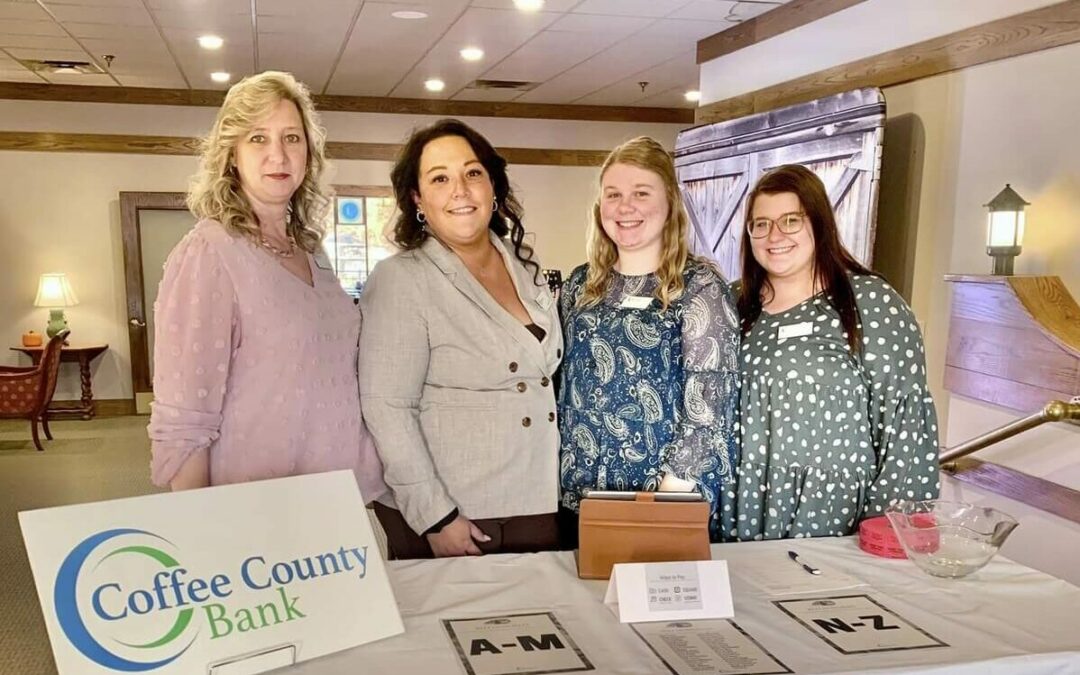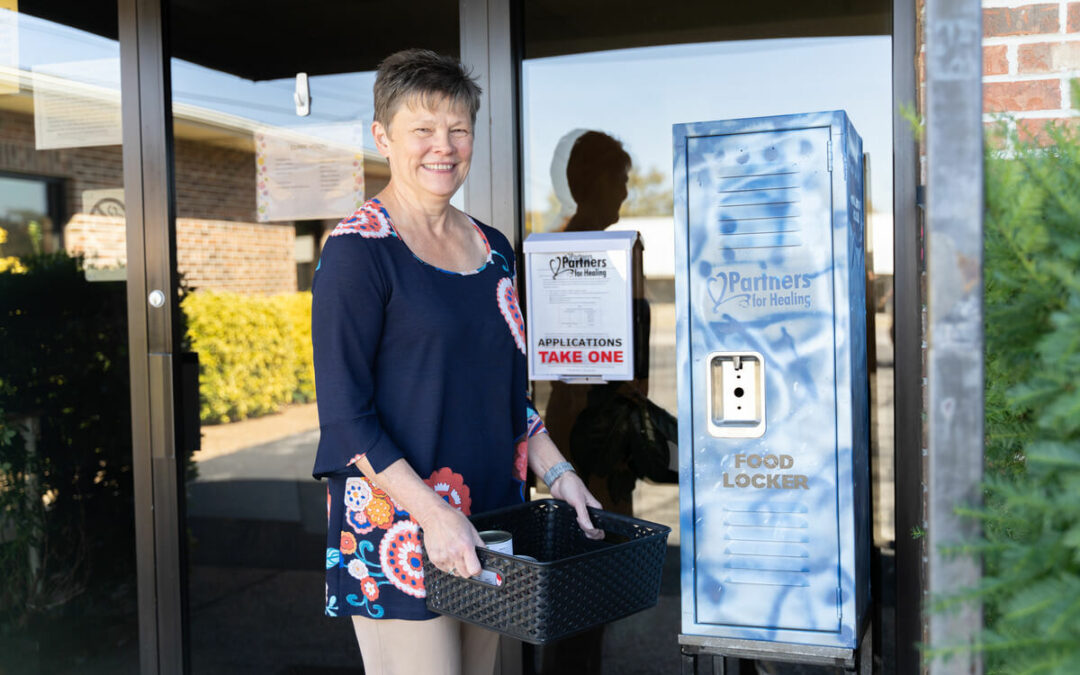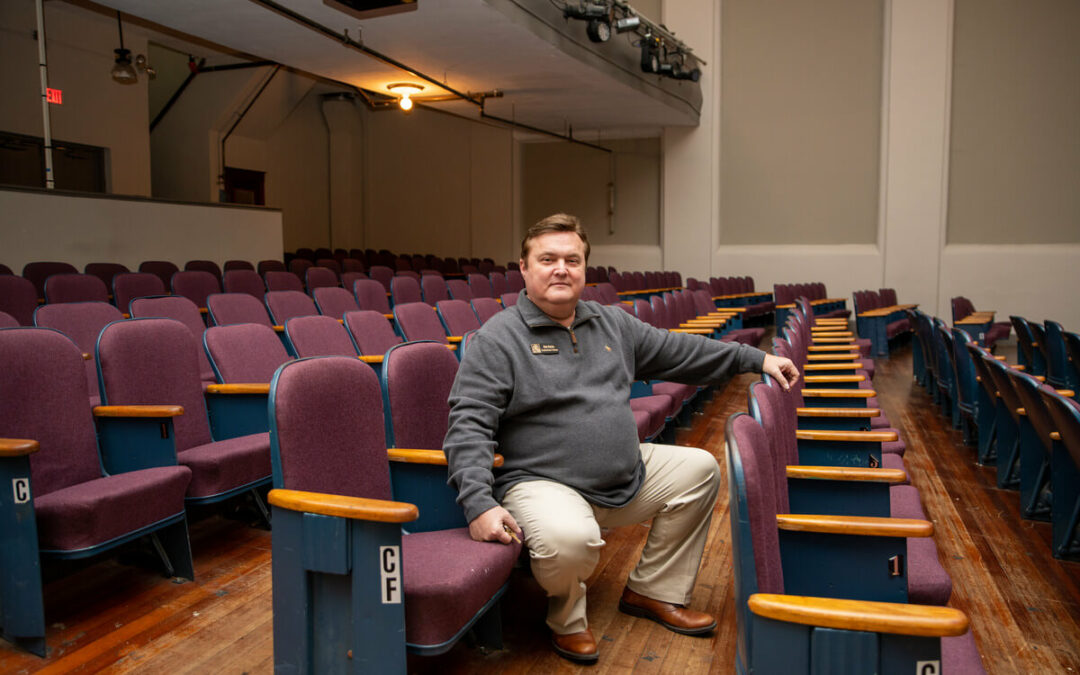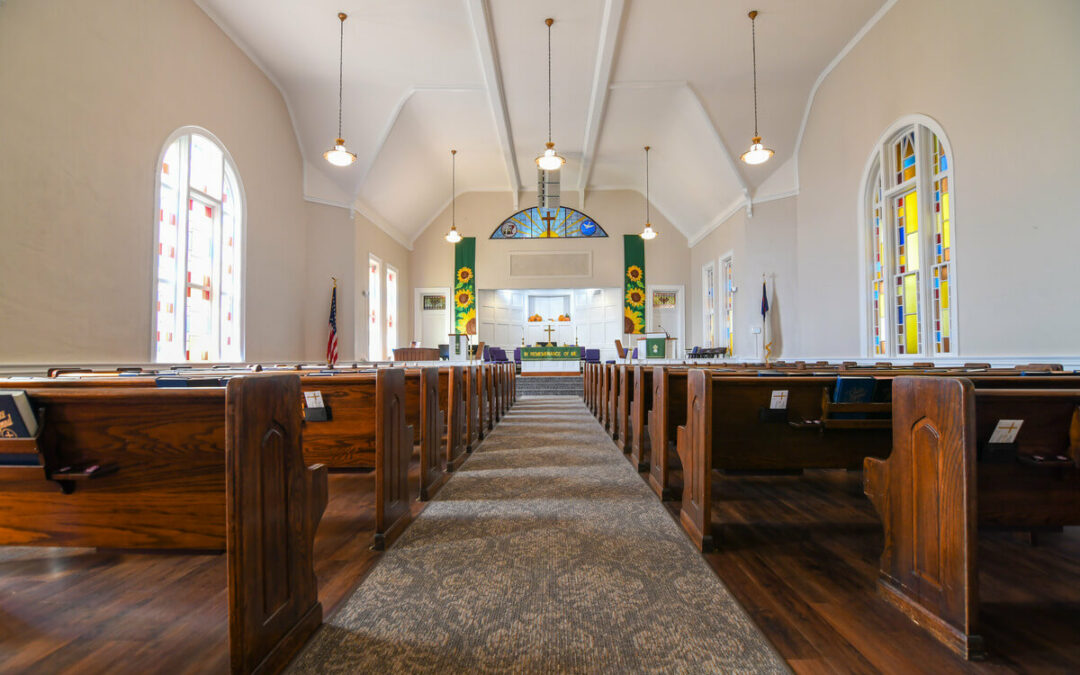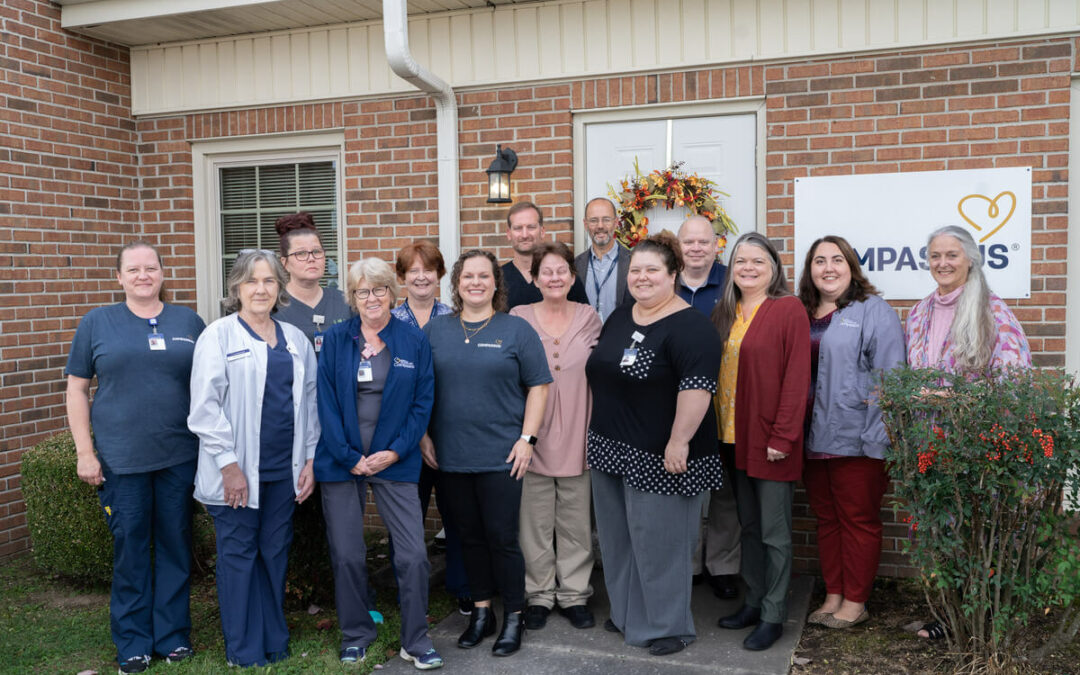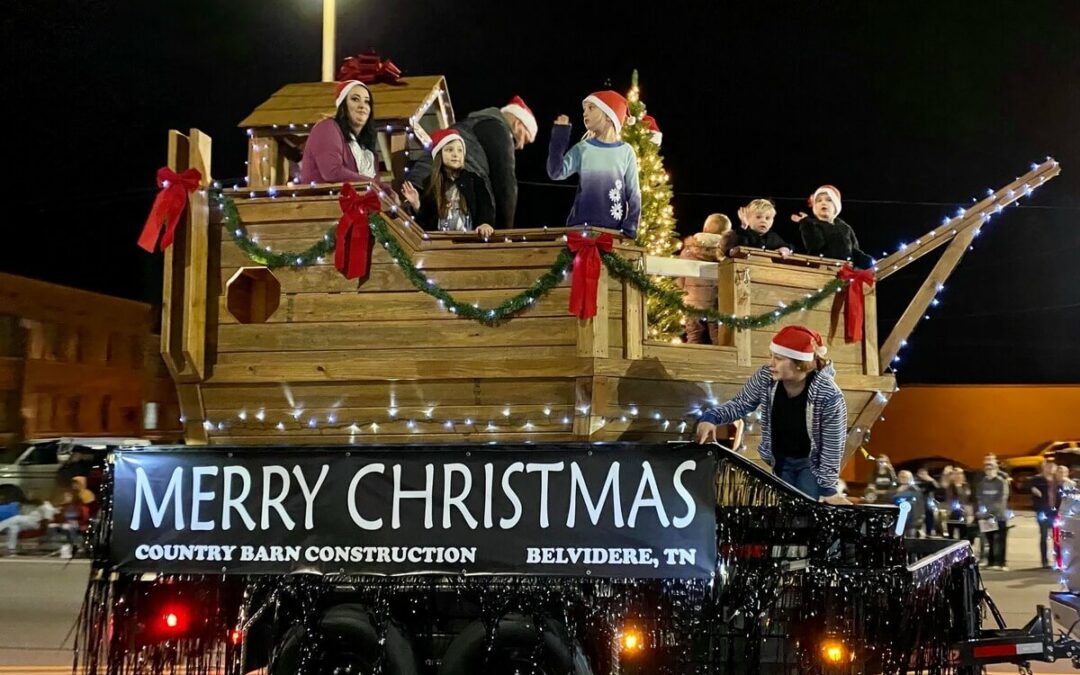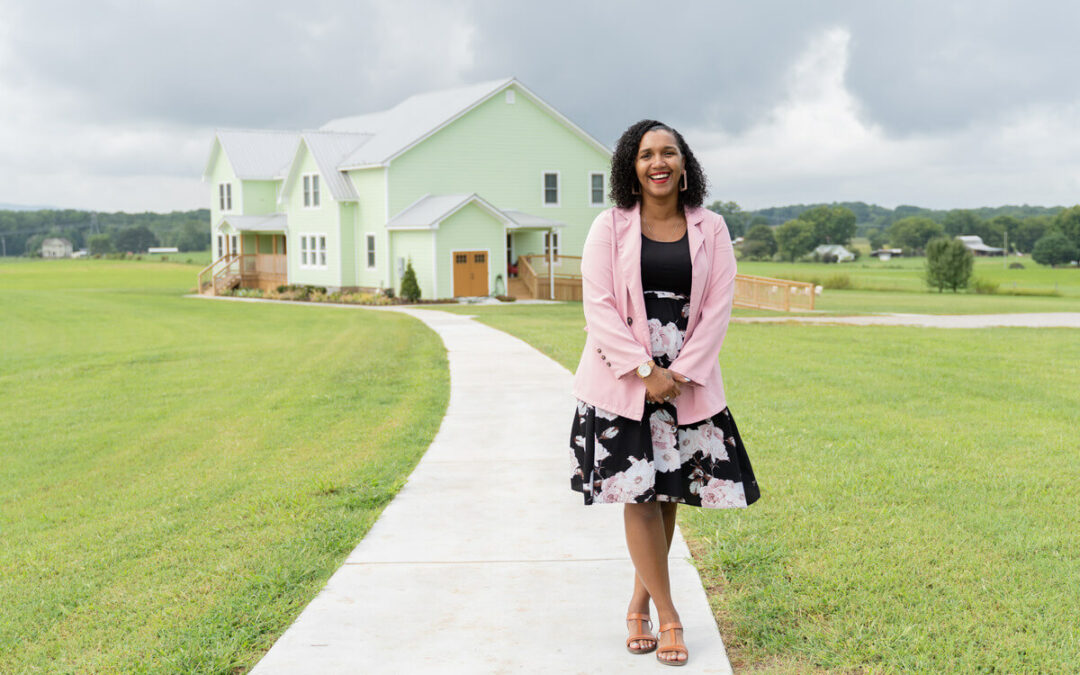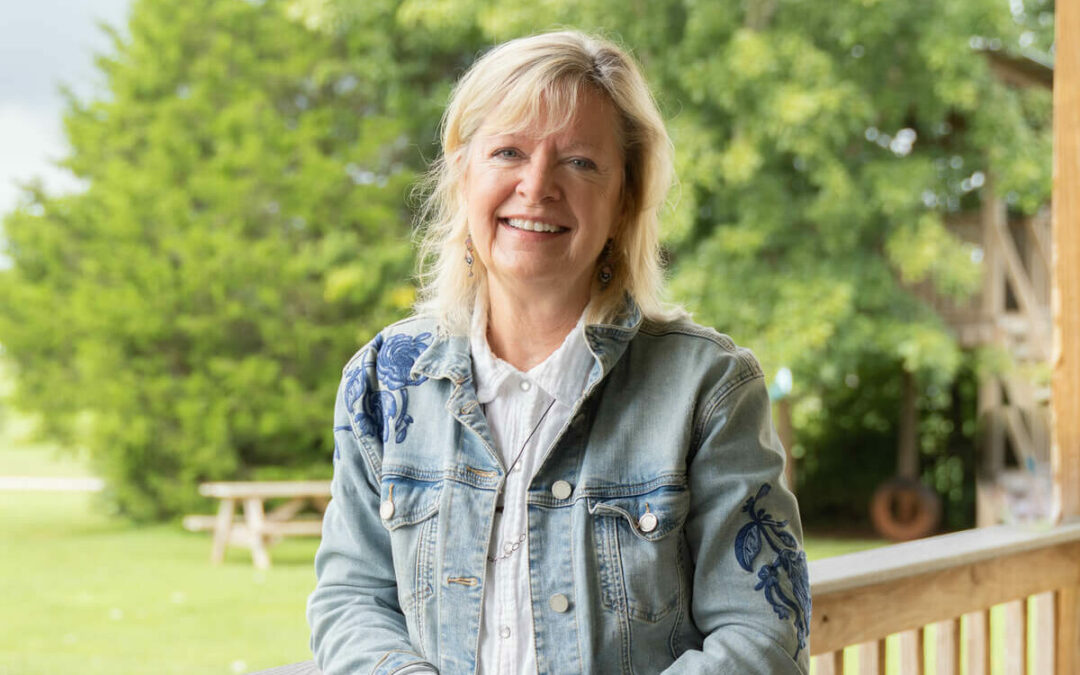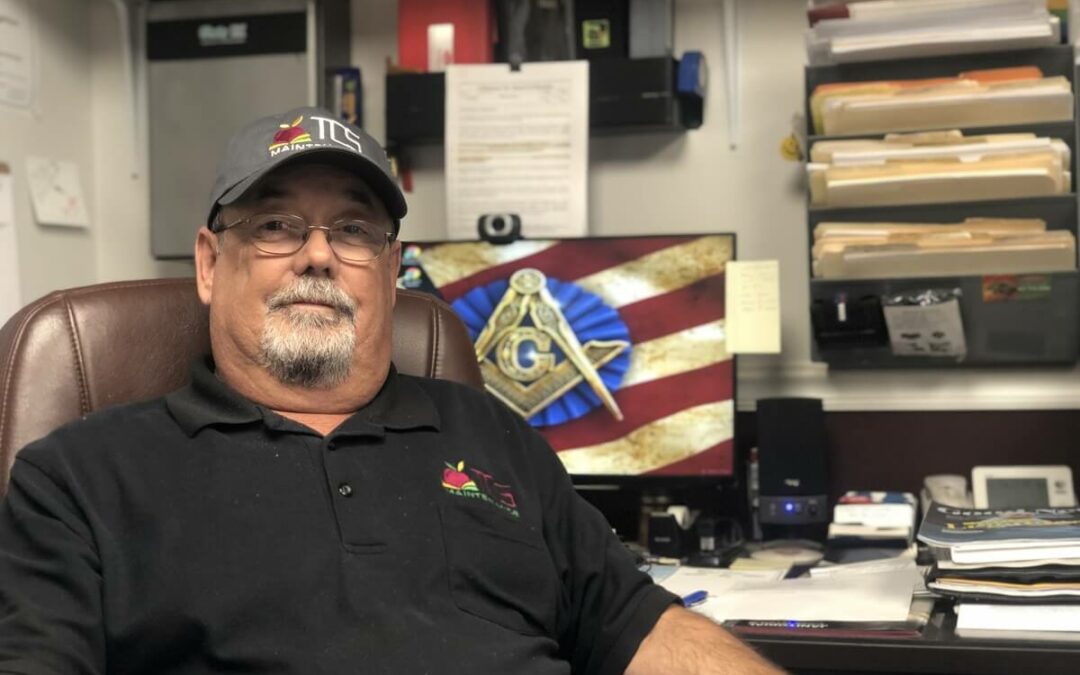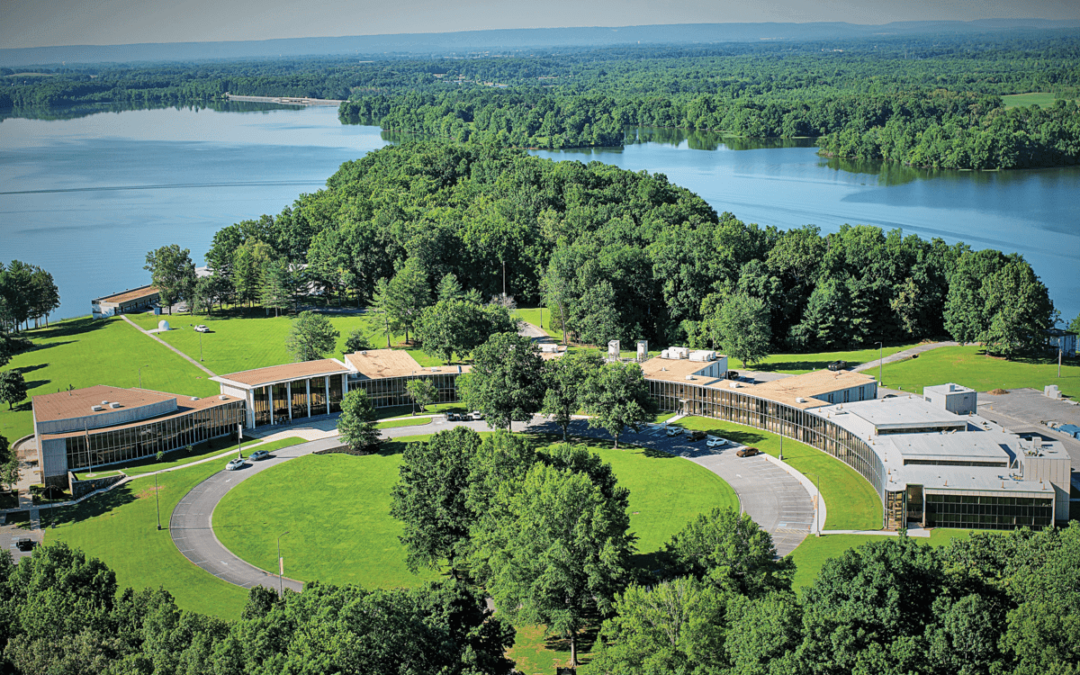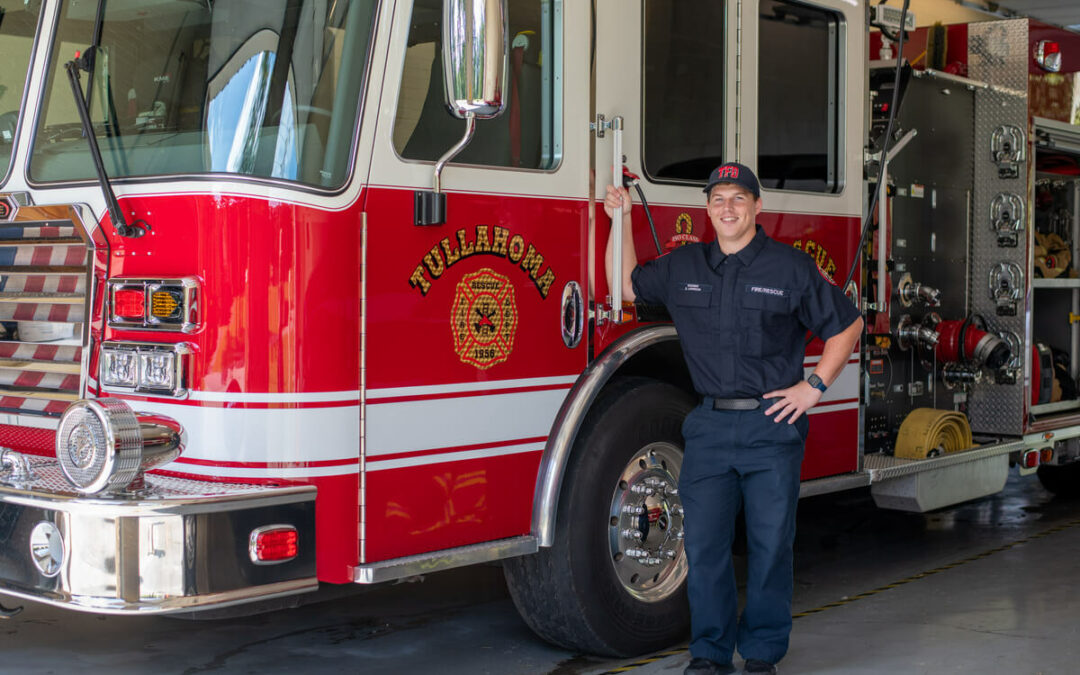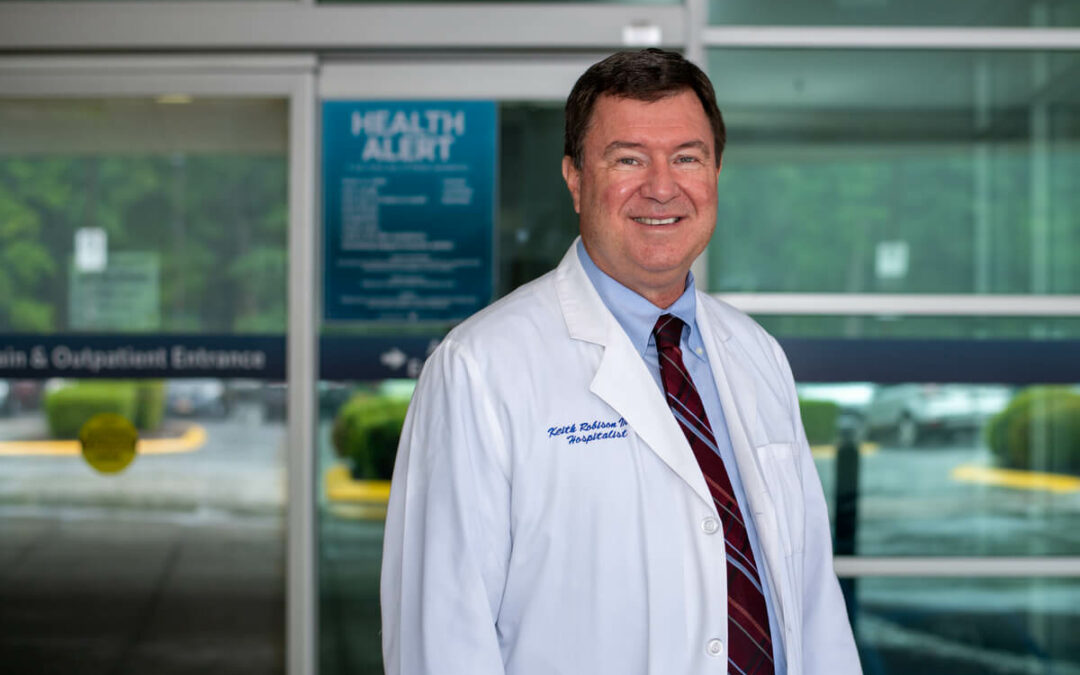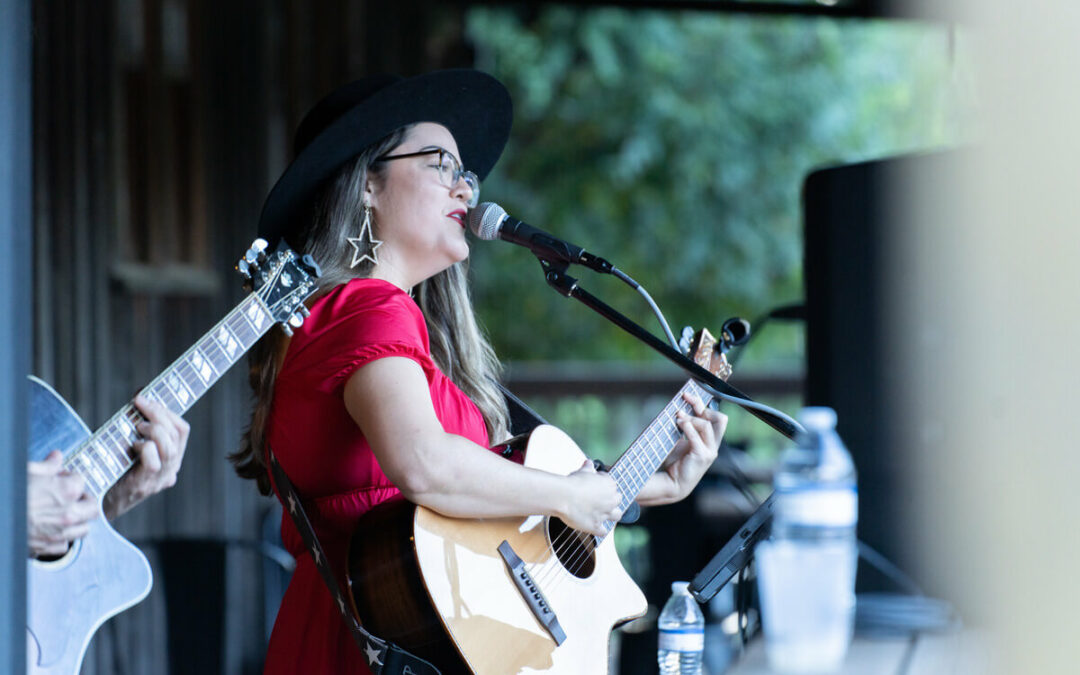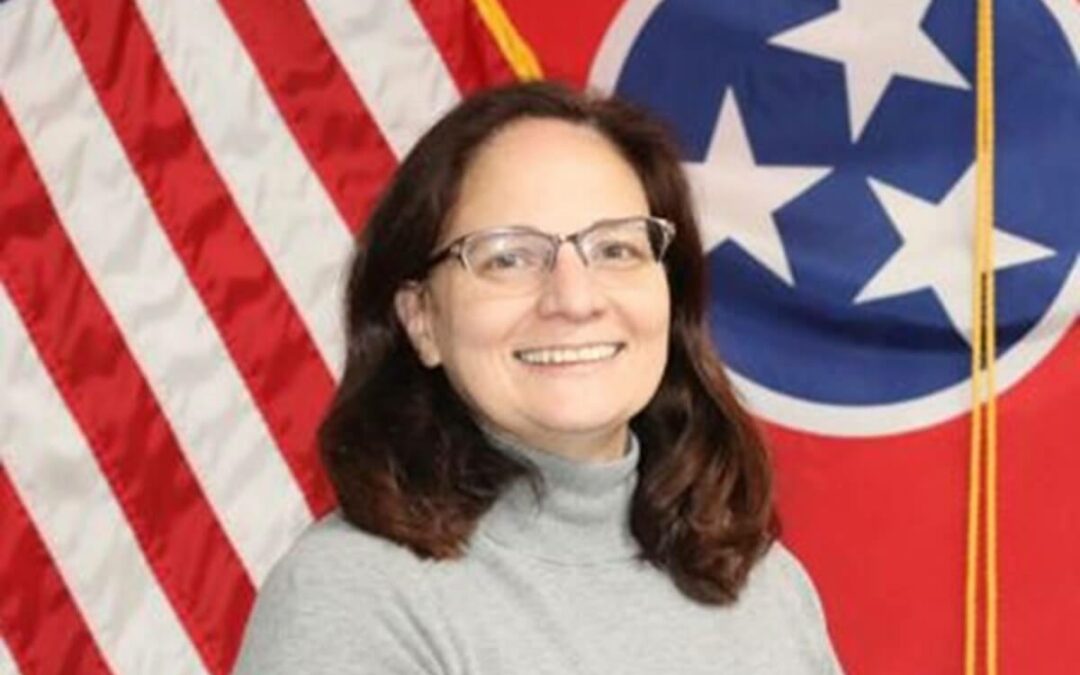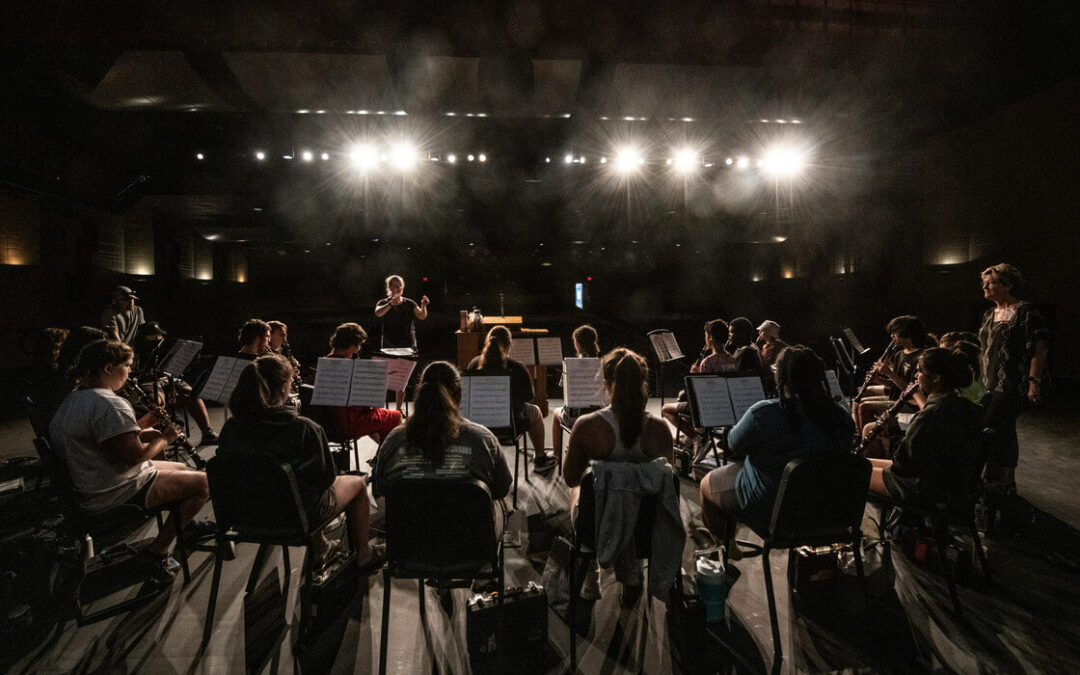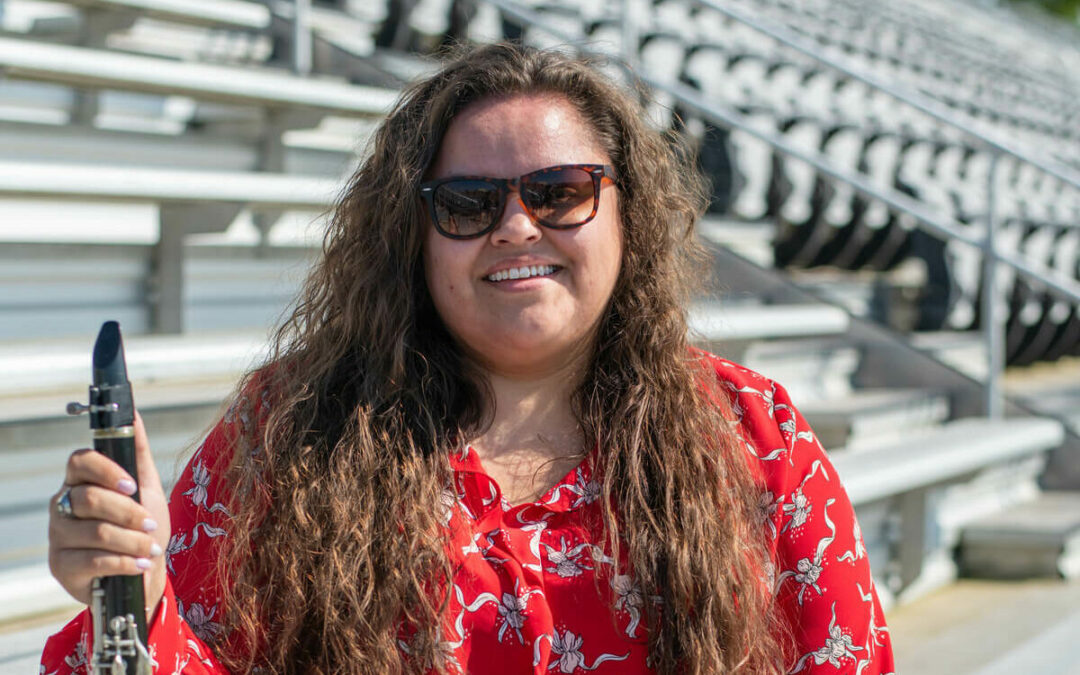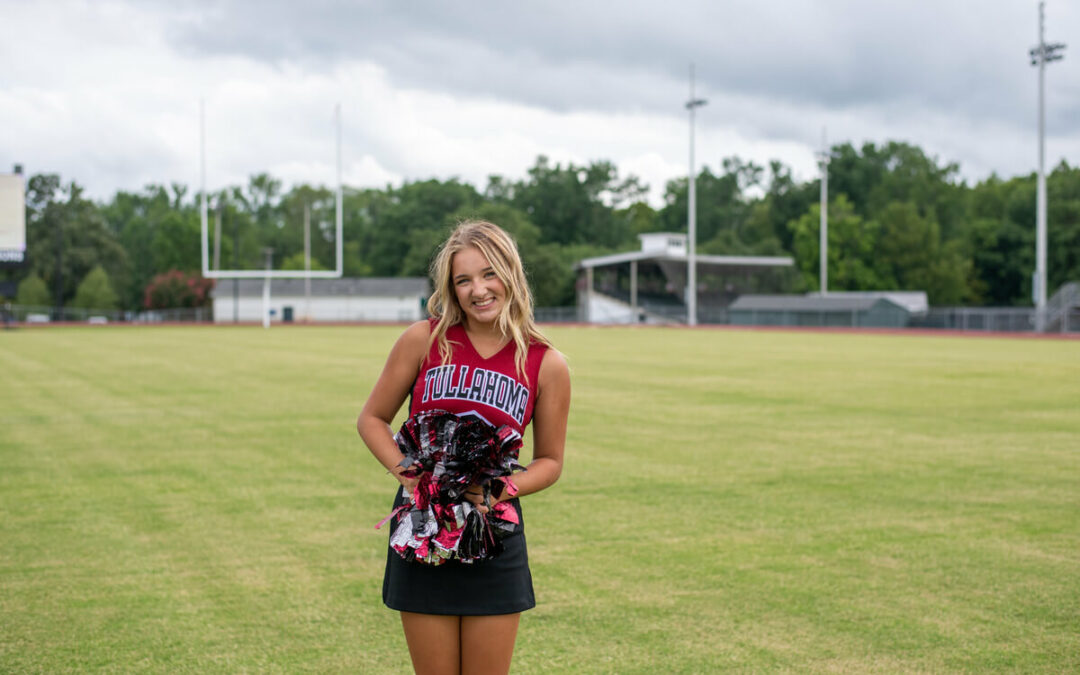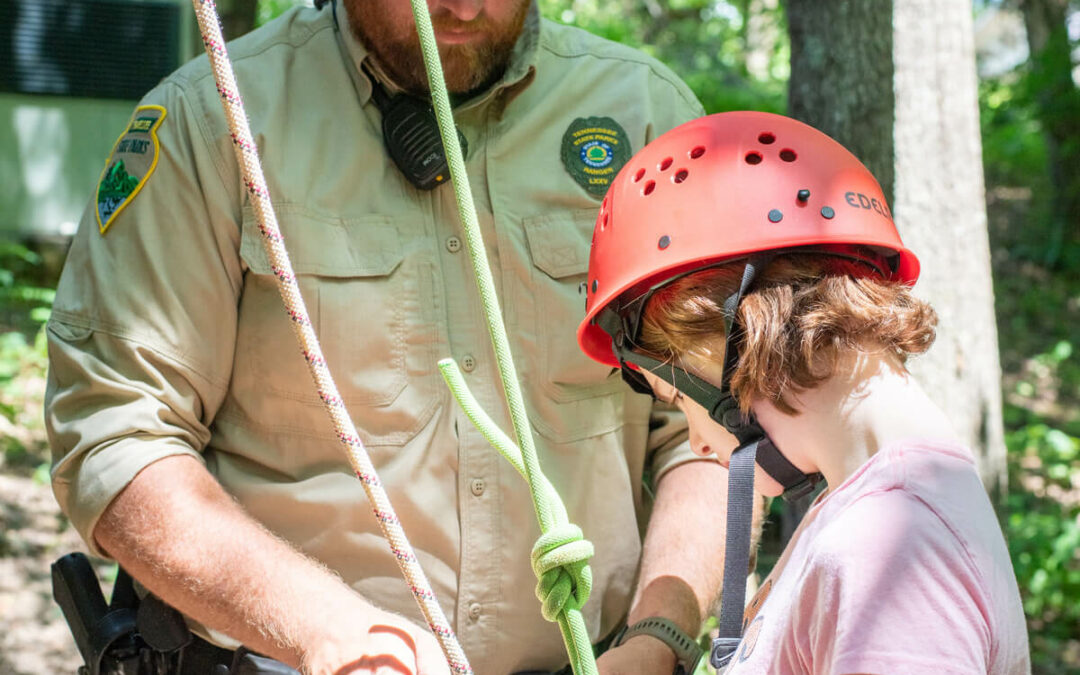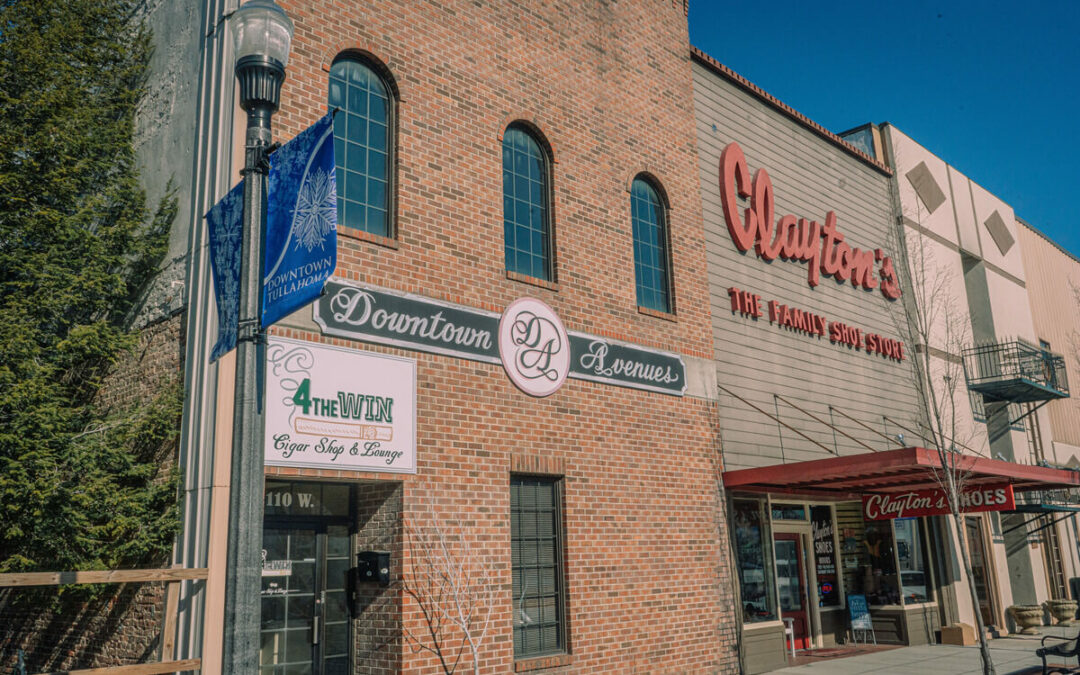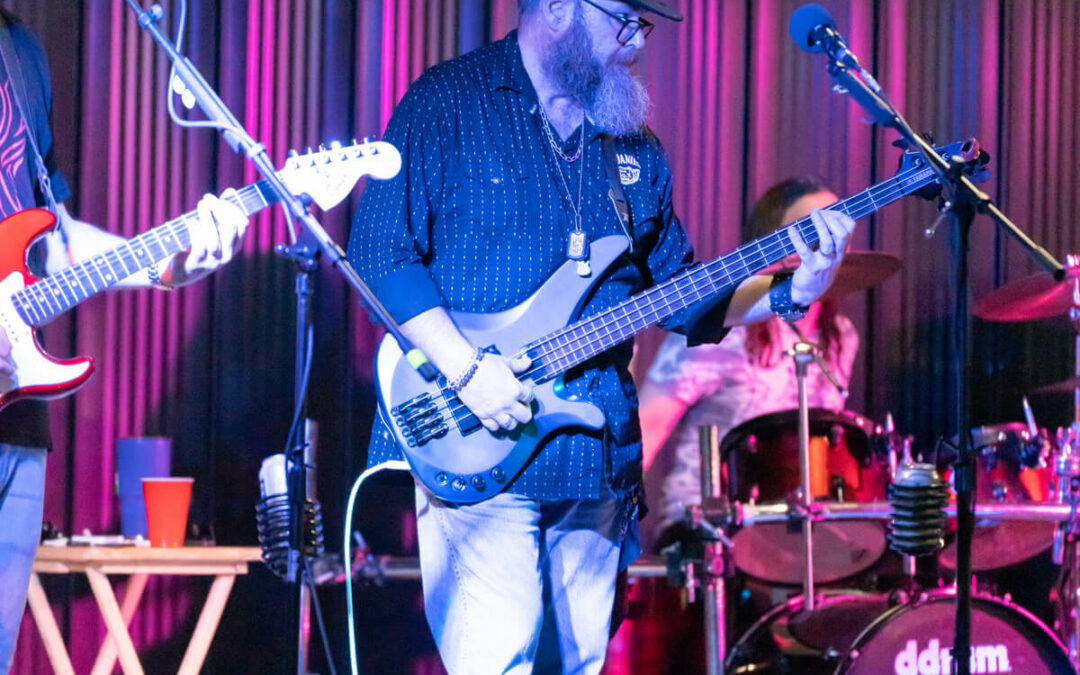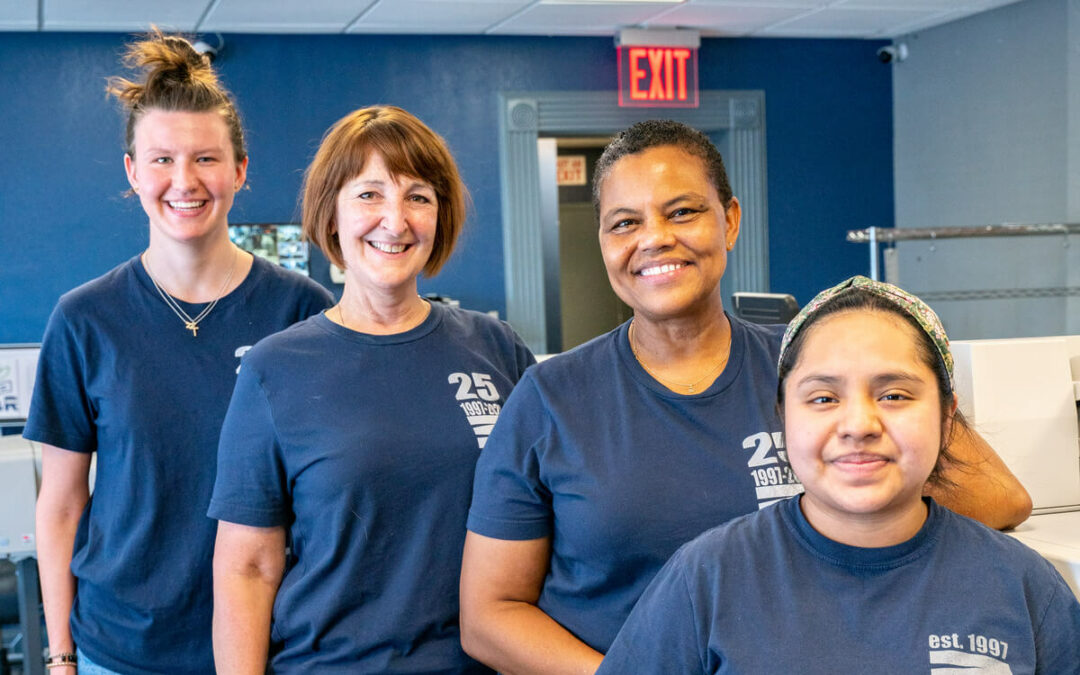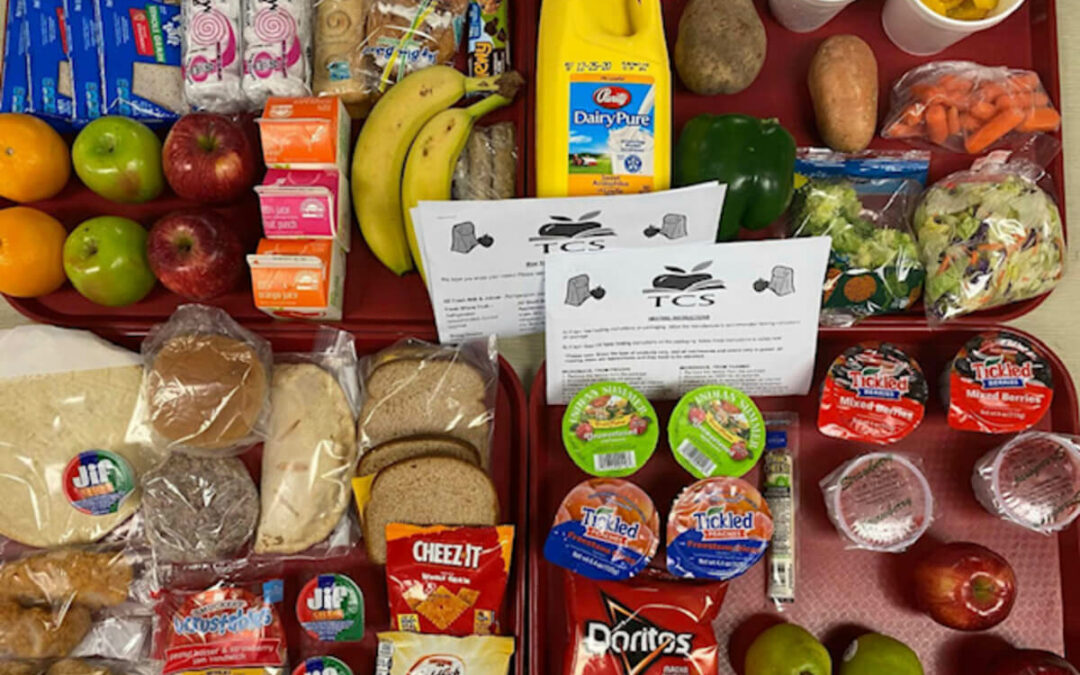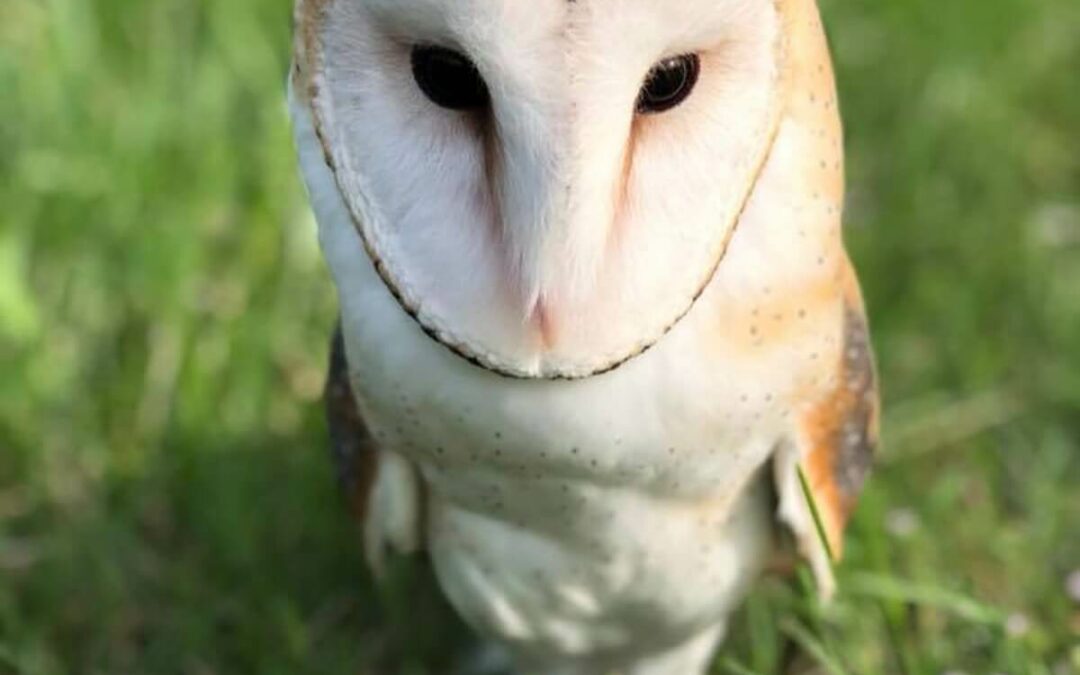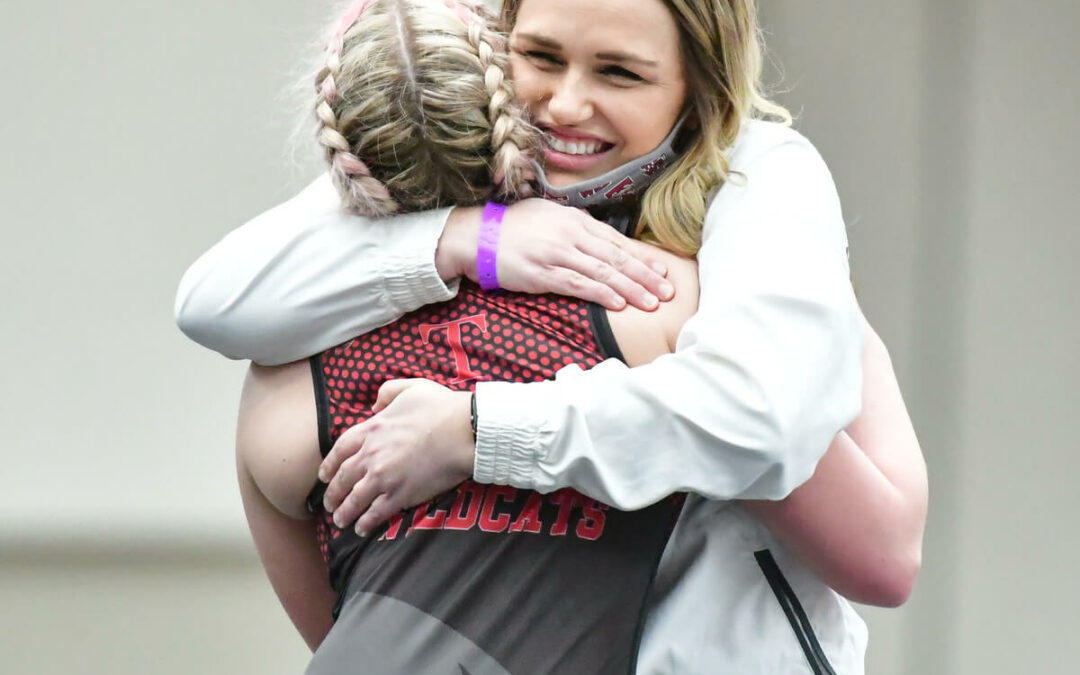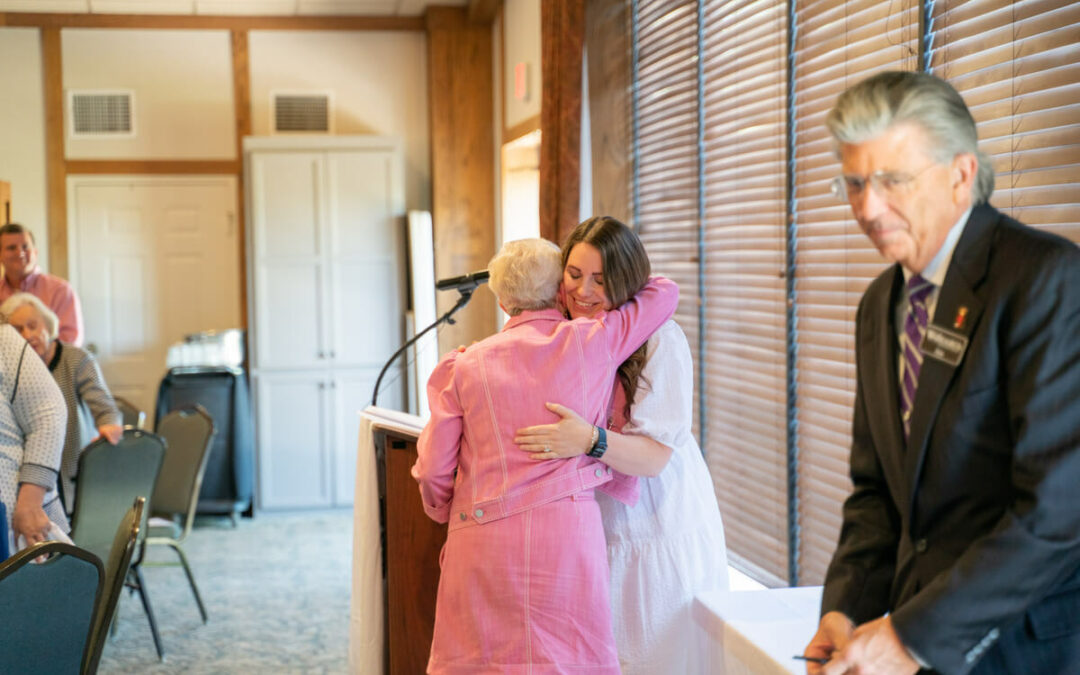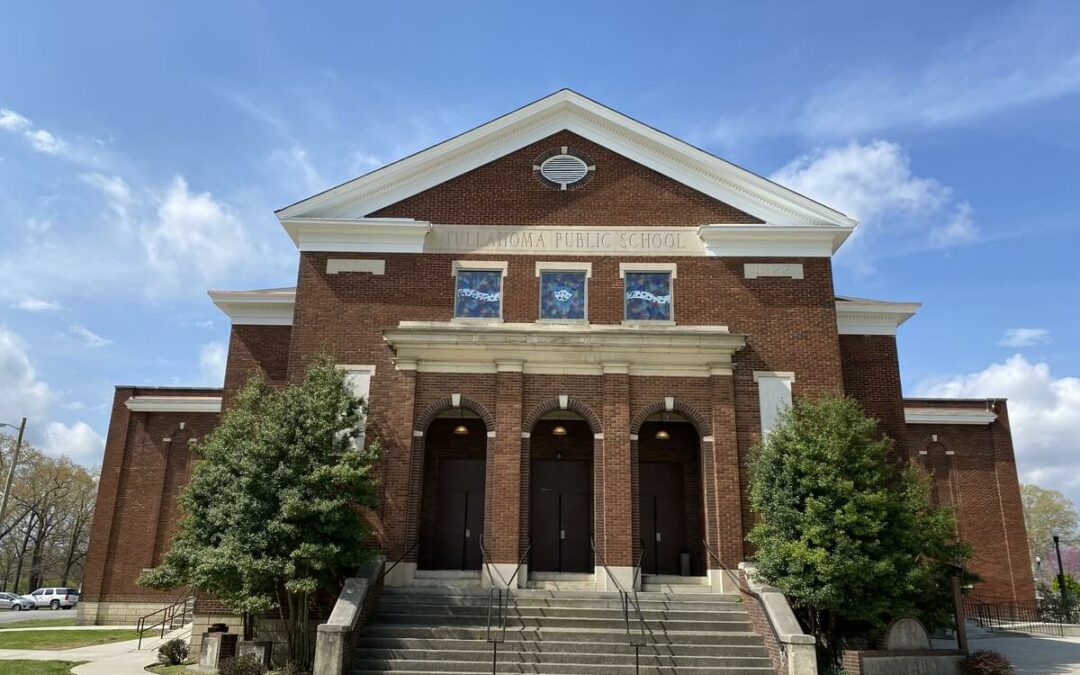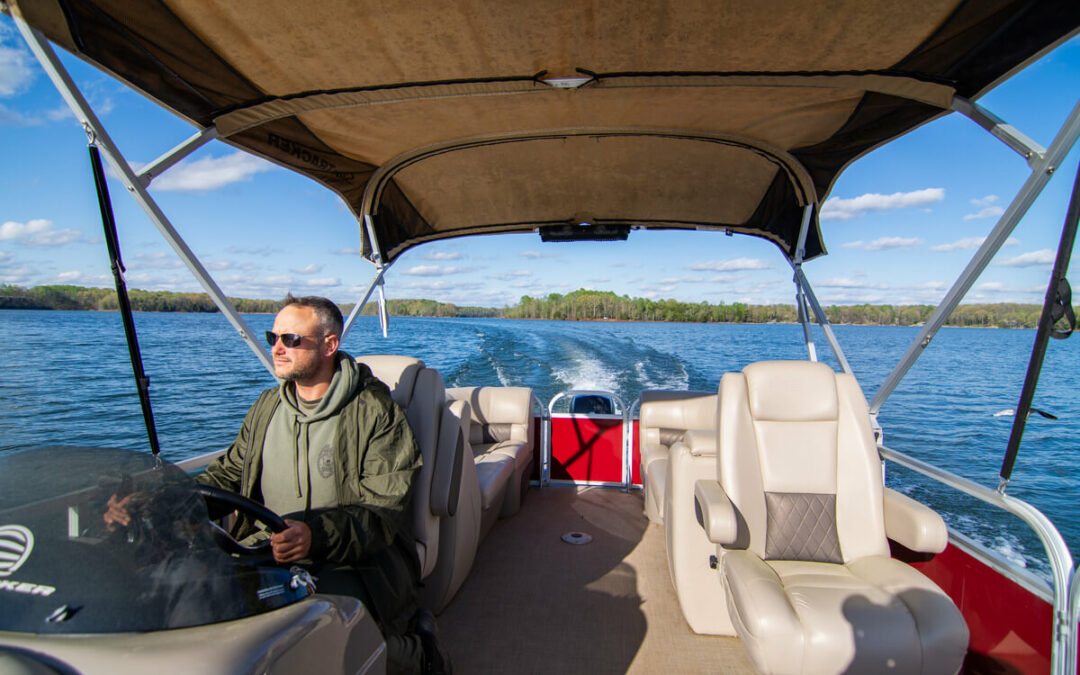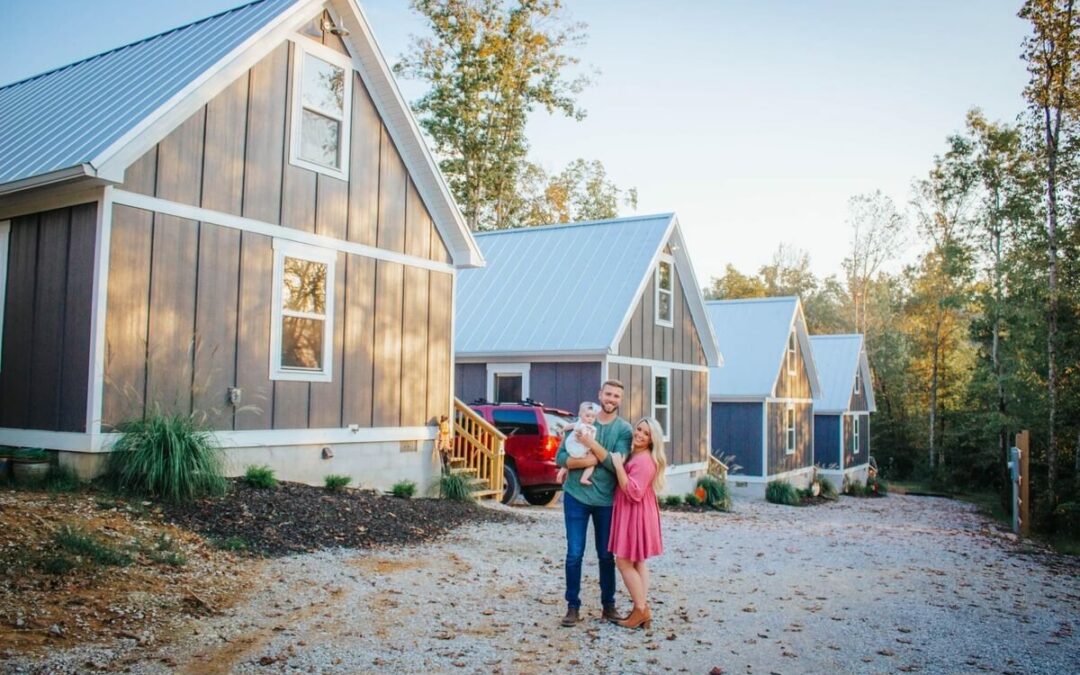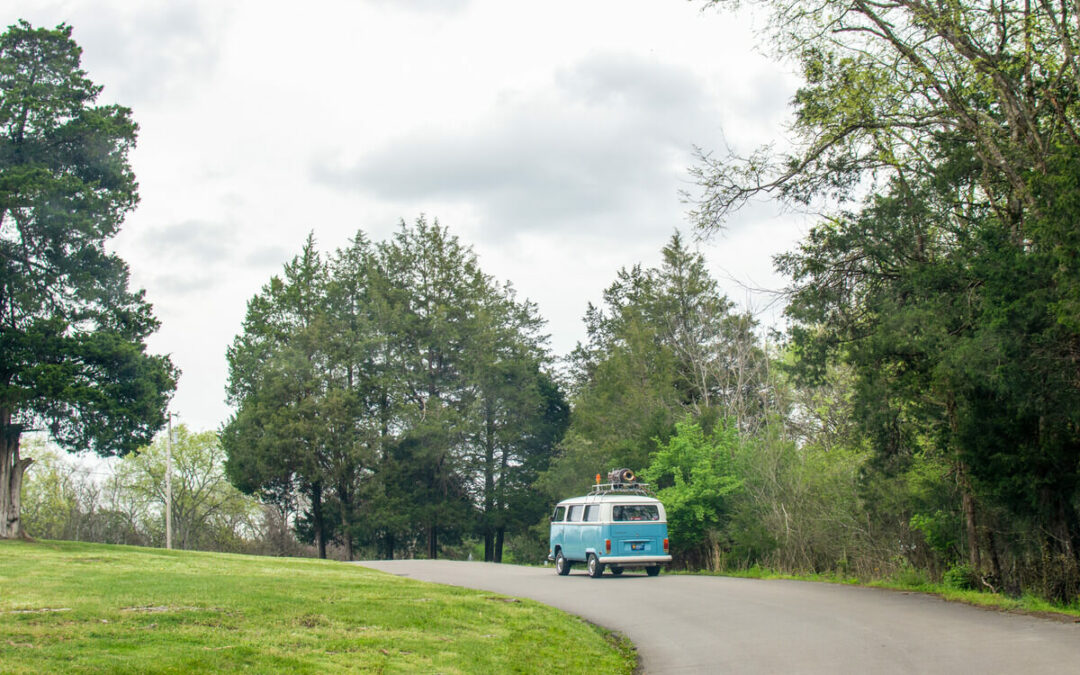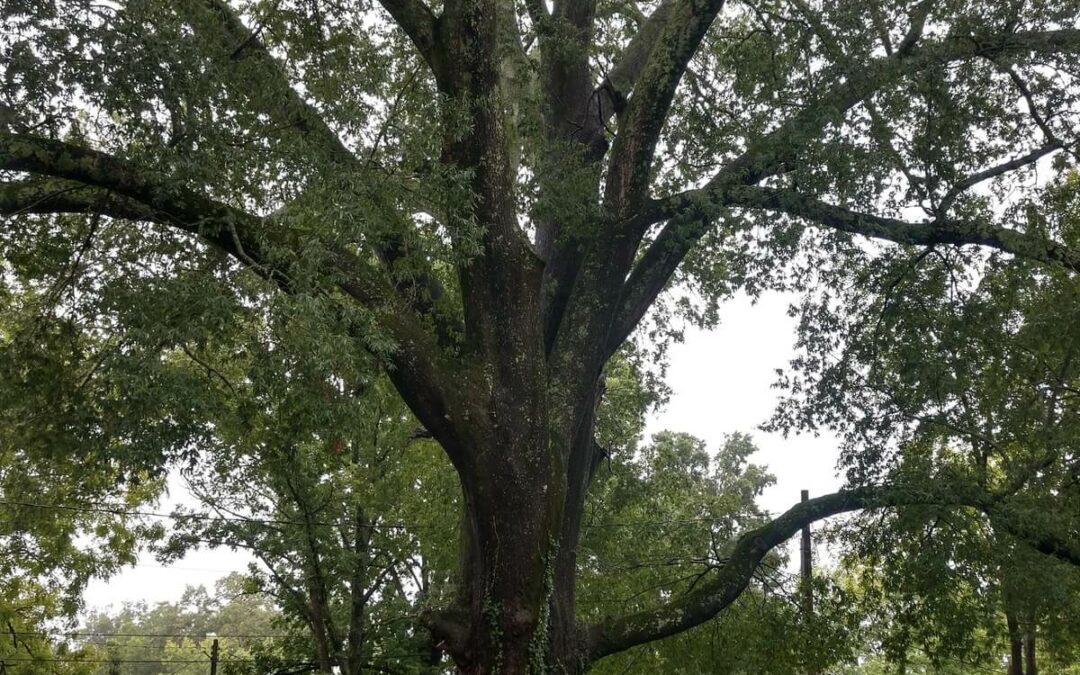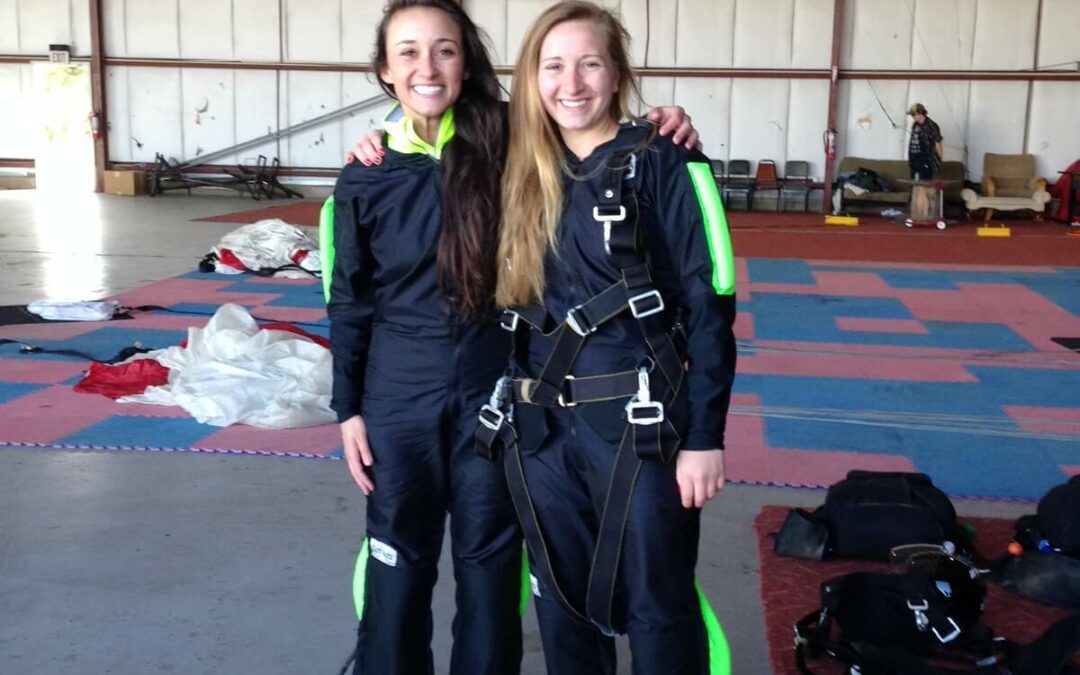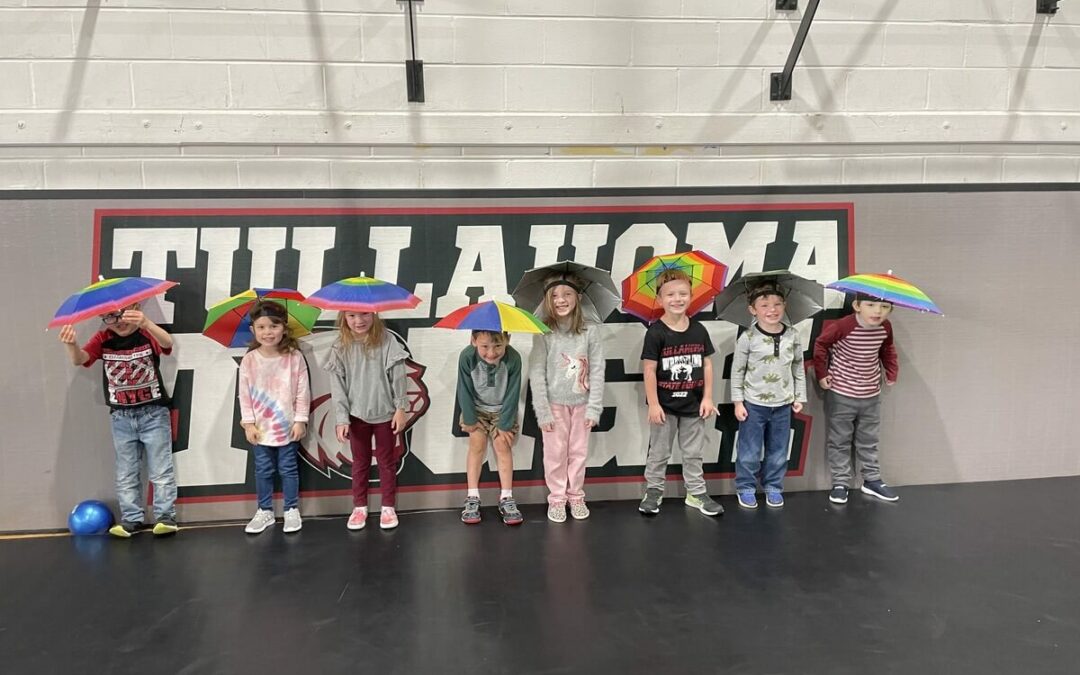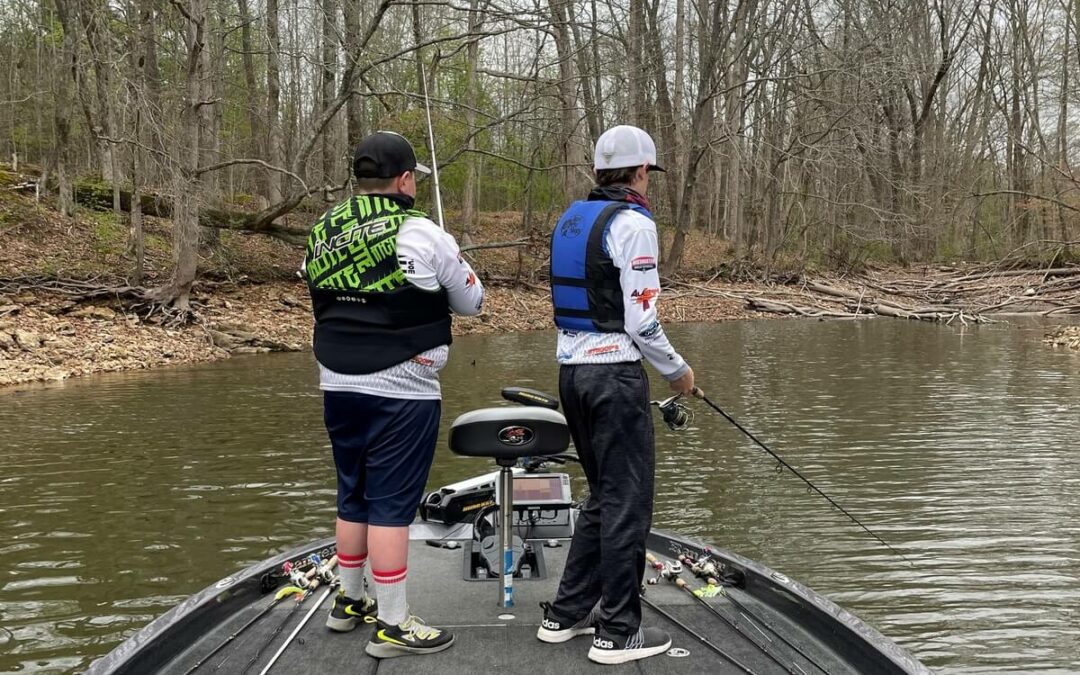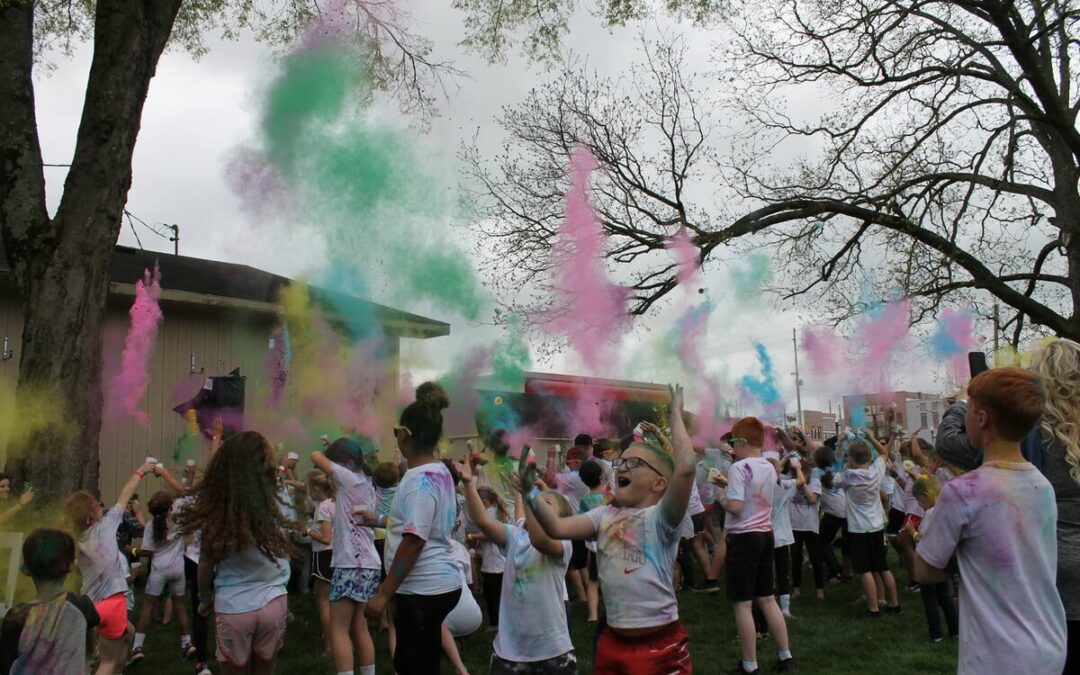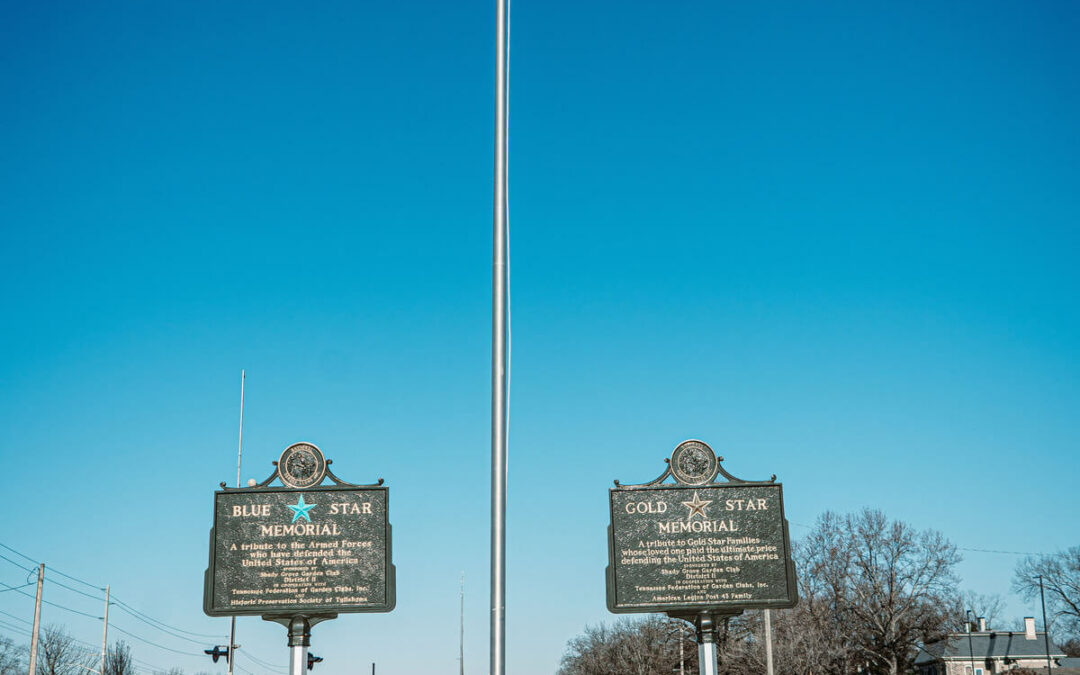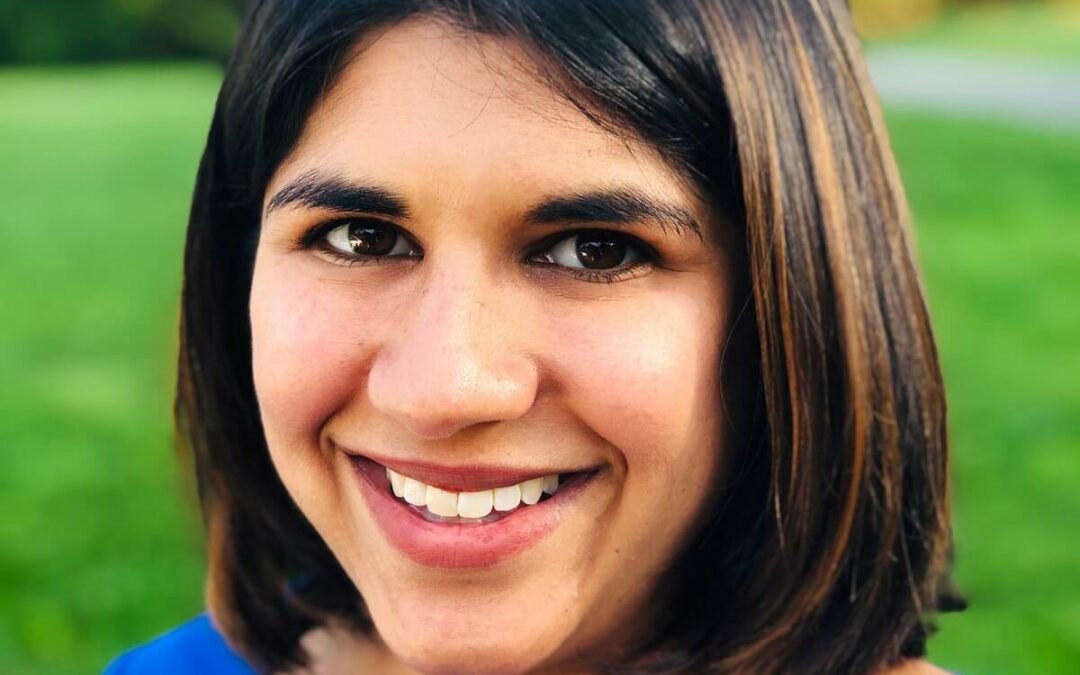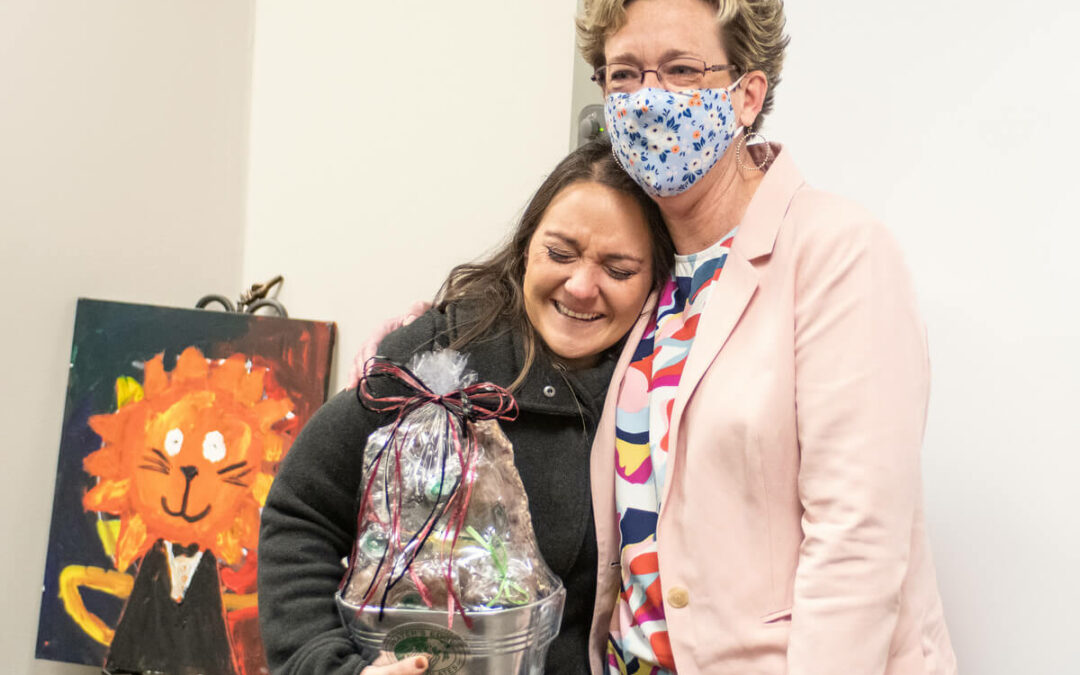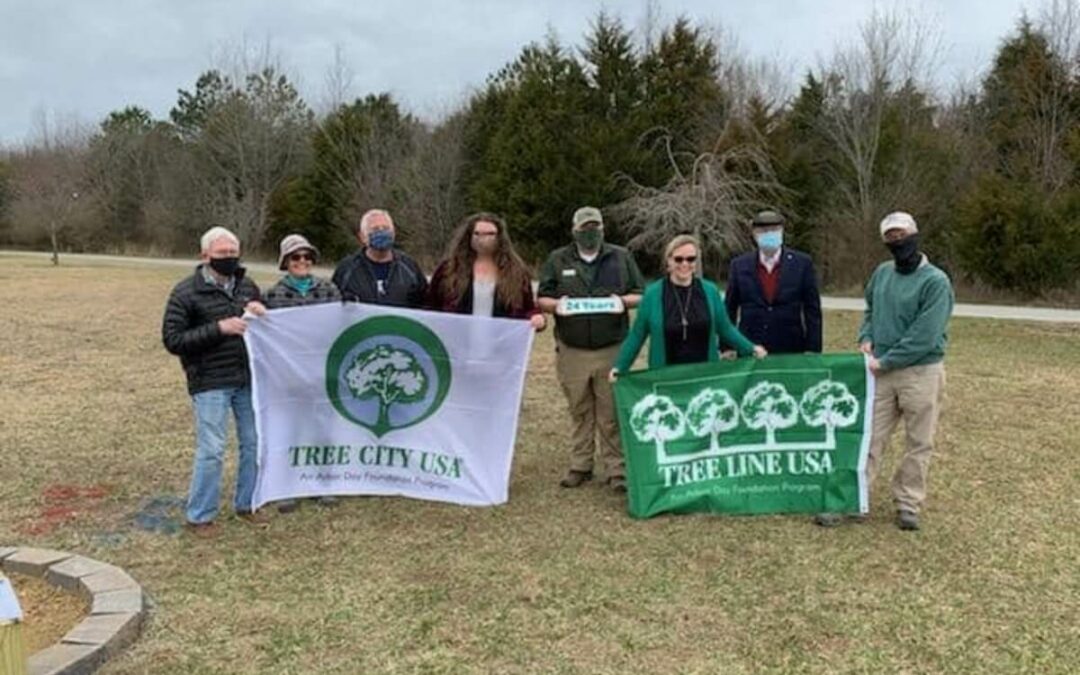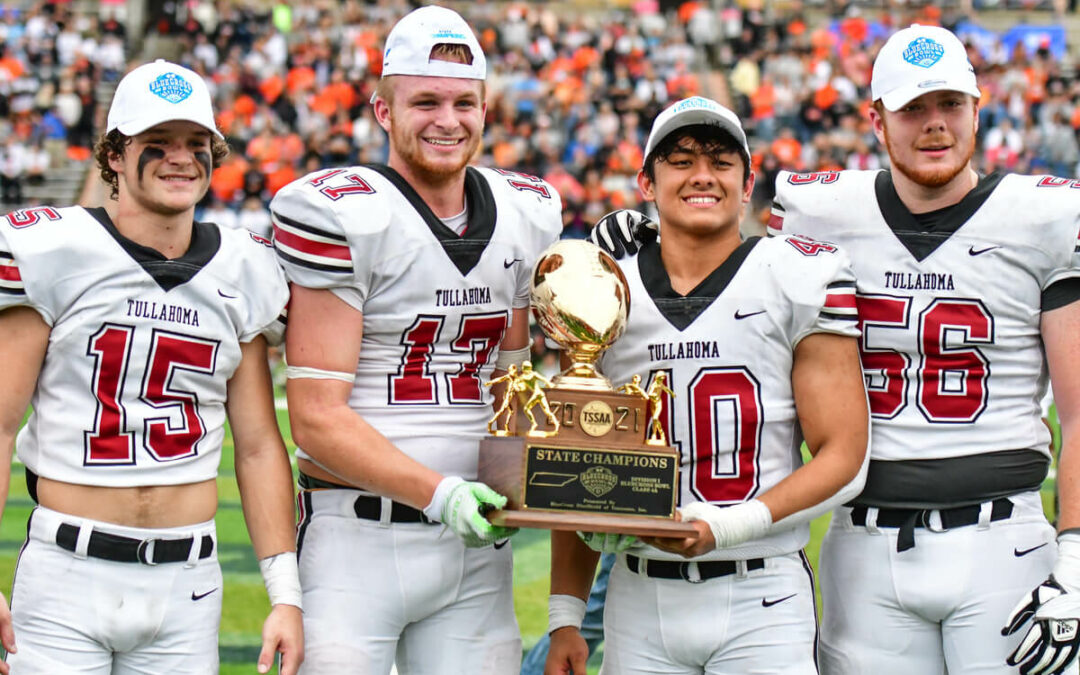National Volunteer Week was recently observed April 17-23. To further mark the importance of the week, President Joe Biden declared it National Volunteer Week in a presidential proclamation to remind the nation that America is a country built on service and to call on individuals to do their part to improve the lives of others.
Established in 1974, the week has grown each year with thousands of volunteer projects and special events scheduled throughout the week.
Organizations that celebrated locally, included Compassus. The organization celebrated with a luncheon for its volunteers that are vital to its operation.
For the past 26 years, the hospice and palliative care organization has been providing families with the necessary assistance for patients in need of hospice or palliative care in six counties which includes Bedford, Cannon, Coffee, Franklin, Grundy, and Moore counties.
For volunteer coordinator Julia Logan-Mayse, she applauds the efforts and dedication of her volunteers.
“It’s incredible to see the work they do,” she said. “It’s moving and emotional sometimes because they come to us and ask to be volunteers. You really got to want to do hospice work to do that. There are lots of volunteer opportunities out there. Sometimes our volunteers come to us from being served by us. They may have had a loved one or family member on our service, or have been a part of a hospice experience with a family member or someone they know. And they realize that they want to give back in this way. It’s a beautiful thing to witness, and I feel privileged to see what I see.”
ABOUT COMPASSUS
Compassus saw its beginnings 26 years ago with Mary Wise and her husband, Dr. Robert Wise. The couple had moved to Tullahoma and realized a need for hospice services in the area.
With Mary at the helm and with the support of community leaders, she presented her case to the state for a certificate of need, in order to offer the hospice services in Tullahoma and the surrounding areas. The organization was named the Hospice of the Highland Rim.
In 2005, Mary made the decision to sell the organization to Community Hospice of America, thus changing the organization’s name from Hospice of the Highland Rim to Compassus. According to Logan-Mayes, today the organization serves 12 counties total.
“We service 12 counties total. We service six counties out of Tullahoma, and we have six counties out of [the] Columbia and Lawrenceburg offices,” she said.
Logan-Mayes also added that the past two years have been a challenge for the organization with the emergence of Covid, but it also has seen the organization’s volunteer efforts strengthen.
“Medicare requires that all offices have a volunteer program and a bereavement program,” she explained. “Not only do they require that, but they say you must meet [the] 5% goal of your clinical hours, so that is a pretty active volunteer team. Of course, the last two years have been unprecedented unlike any timeframe that we have gone through. My focus during that time was to maintain connections with my volunteers. Now we are slowly getting back into facilities and visiting our patients there. Volunteers are also getting assignments out in the homes for patient caregiver relief. This enables caregivers a chance to get out and do normal errands like going to the grocery or to the doctors. They don’t provide any hands-on care, but I tell them all the time that they are the heart of hospice.”
The organization also provides a more hands-on volunteer approach with their 11th-hour volunteers.
“Those are volunteers who decided they want to do a little more, and they sit with a dying patient,” explained Logan- Mayes. “This requires more training and digging in a little deeper as to what to expect during those last hours of life. There might be limited circumstances where that caregiver just needs a break and to take a good nap or take some time away. So the 11th-hour volunteer would know that this person is dying, and they would be bedside so they would not die alone.”
FOR THE FUTURE
Logan-Mayes, who has been with the organization since 2006, said she strives to get the word out about the importance of the program.
“The thing that we hear most is that they don’t realize what we do, or they don’t realize all of what hospice does,” she said. “I speak with a lot of civic organizations and church groups to help educate about what we offer. I think once we start talking about it, it kind of takes the fear out of it. We are also available to just give information to caregivers. Things that they might have thought of or where to get started in their caregiving journey.” GN








